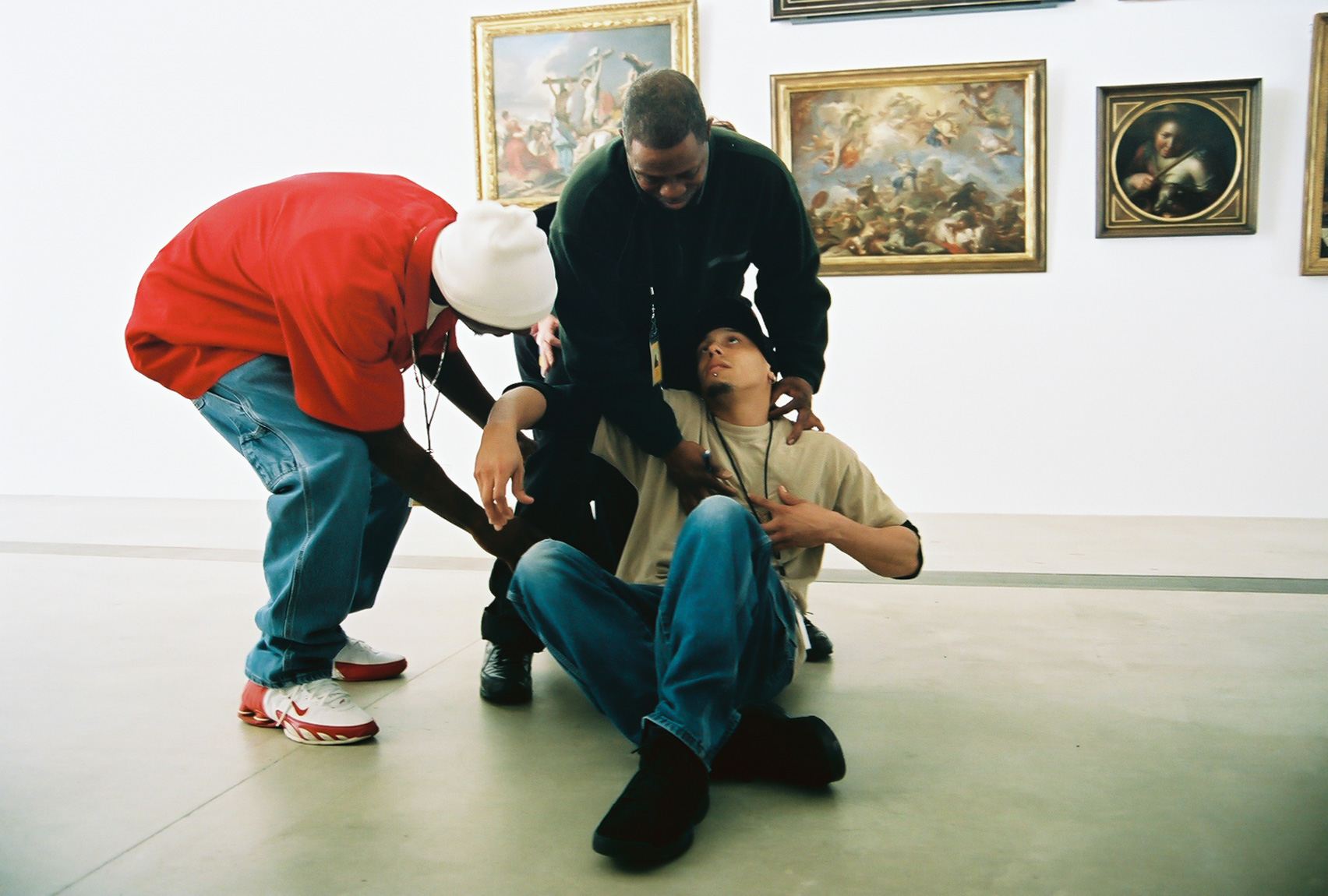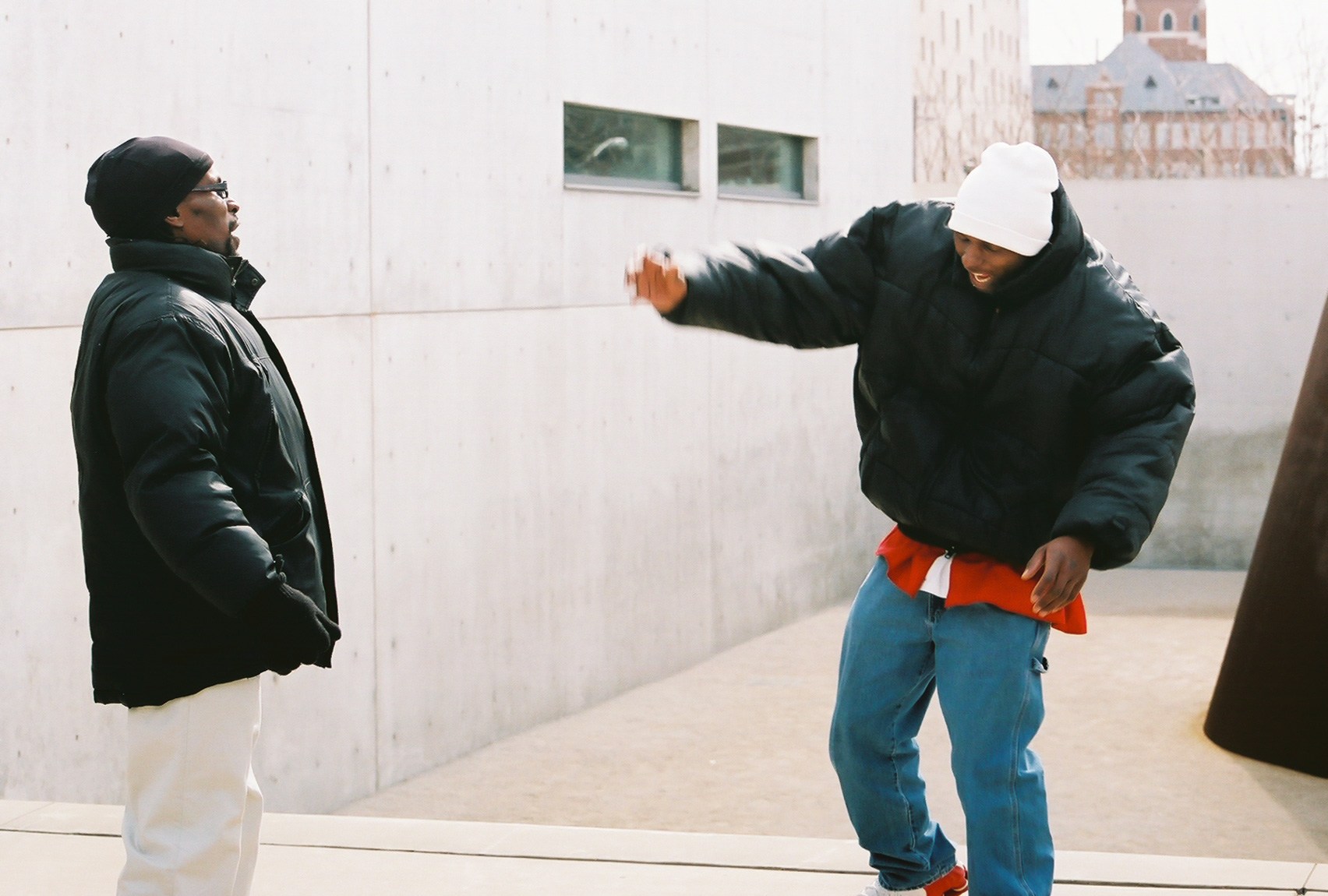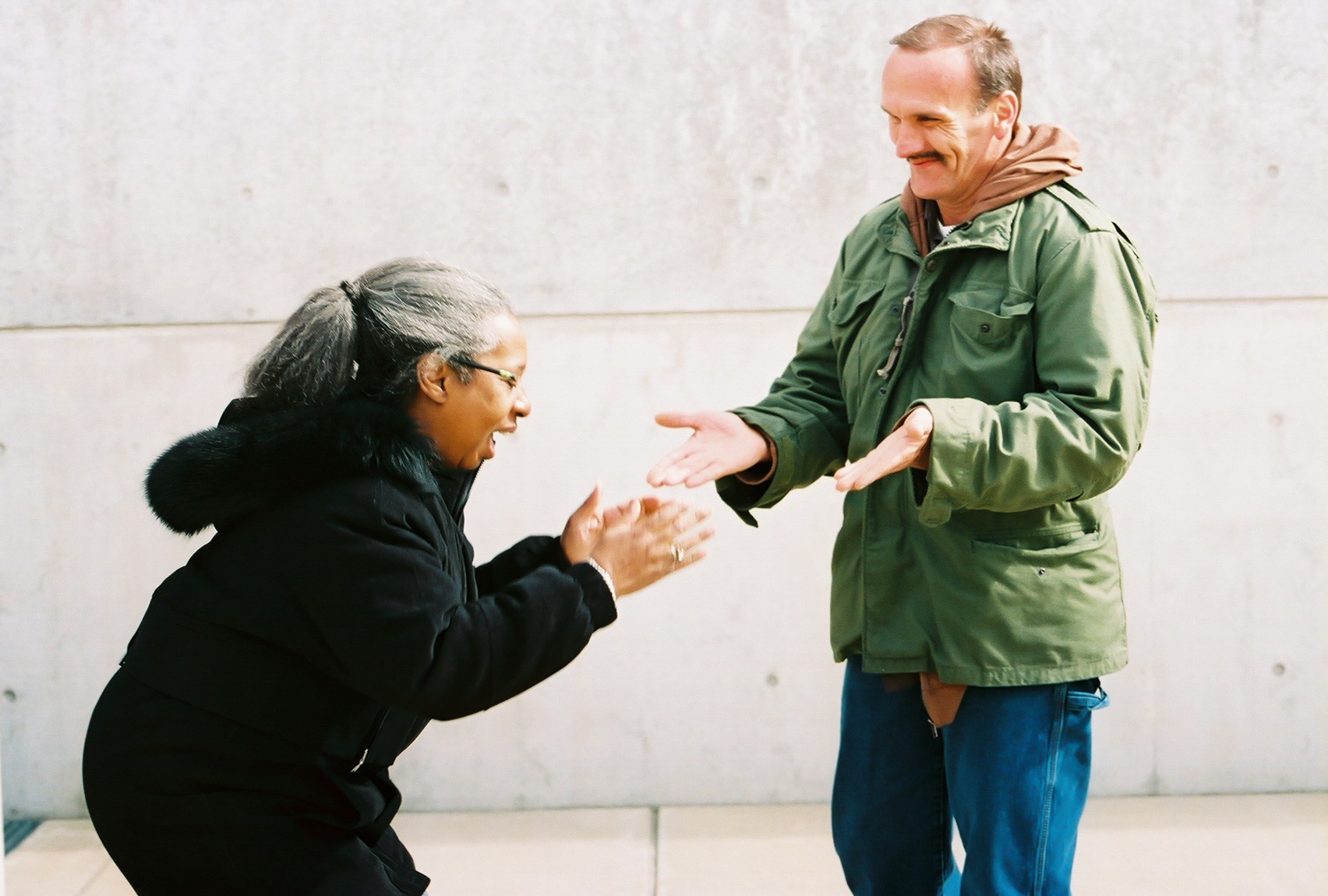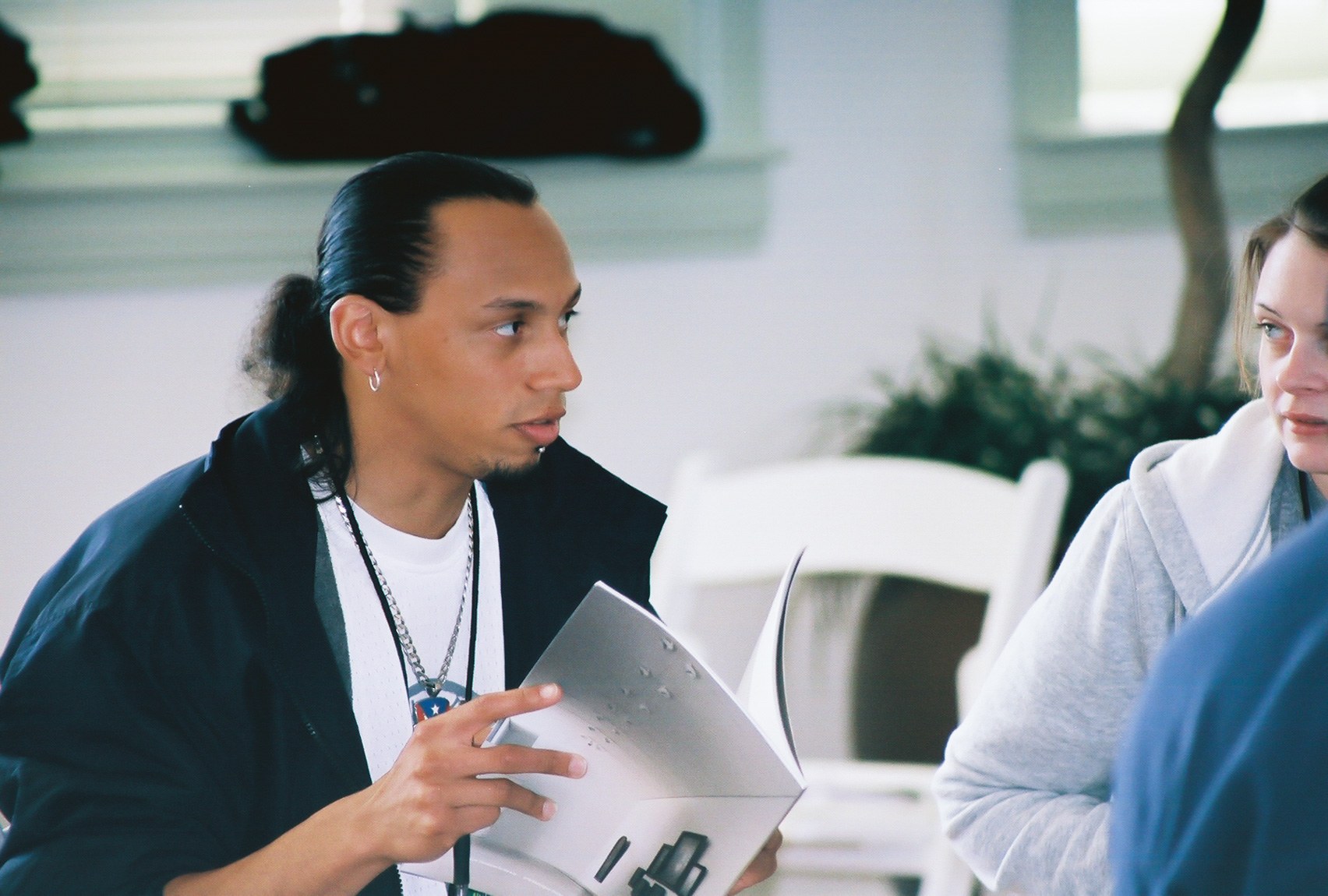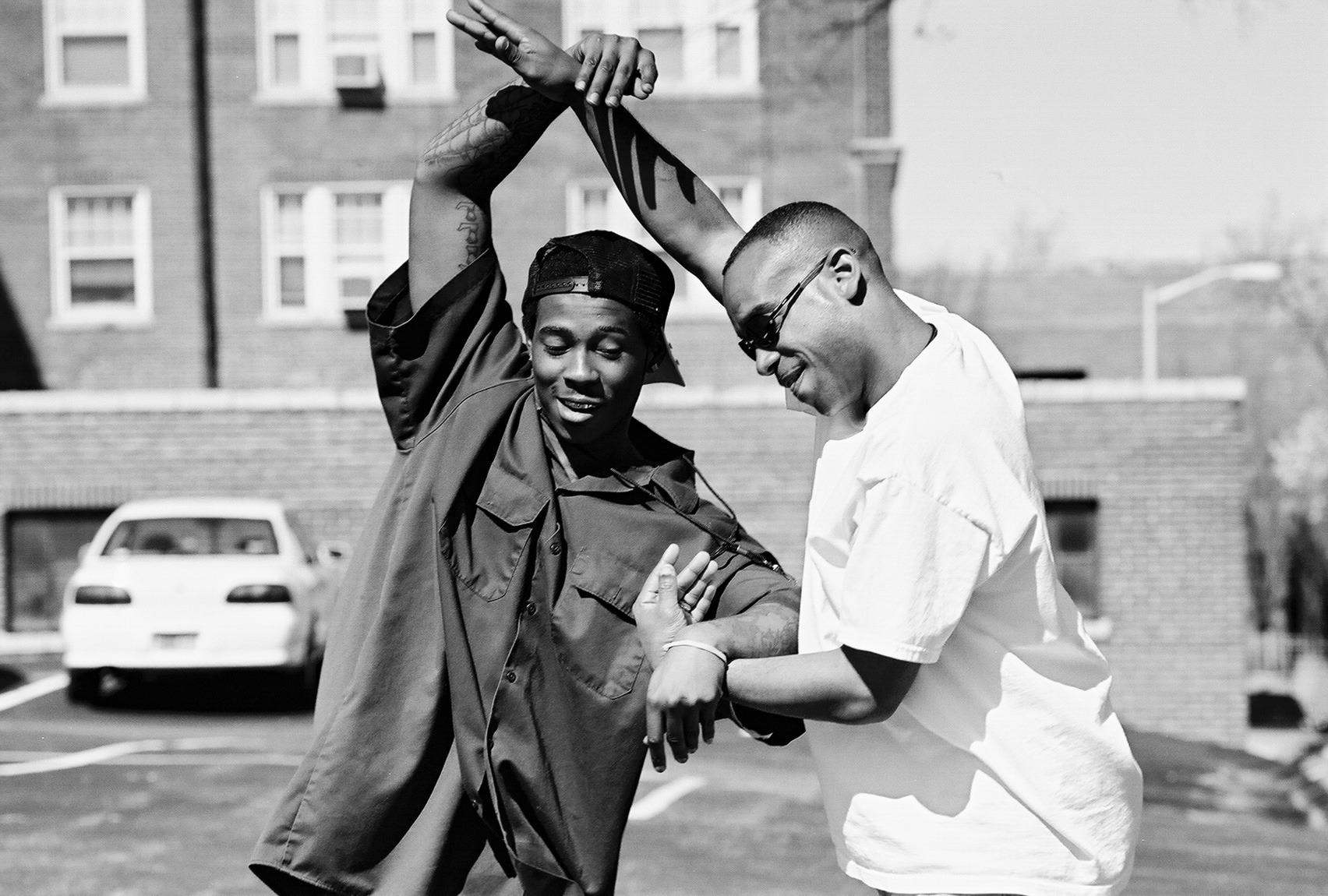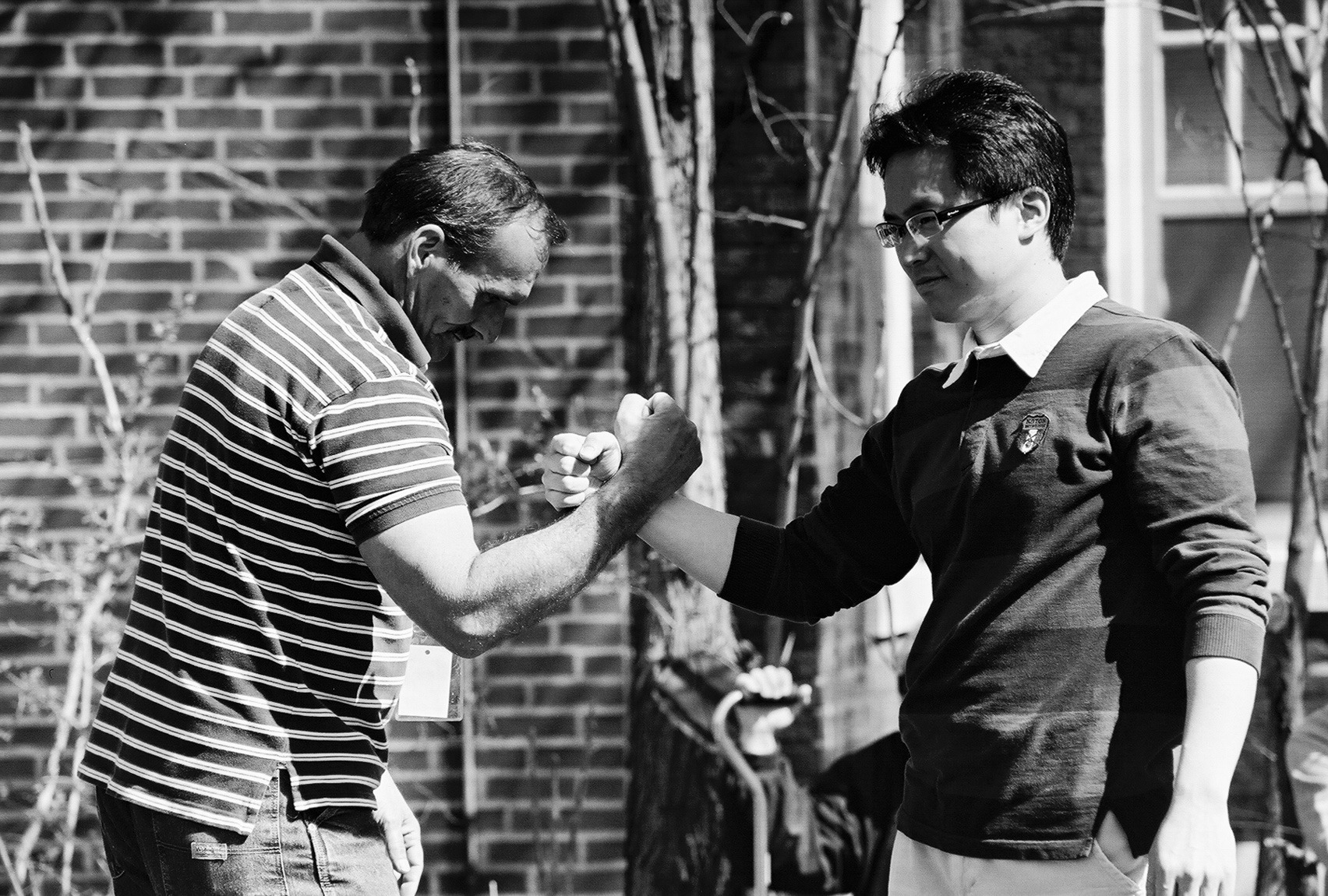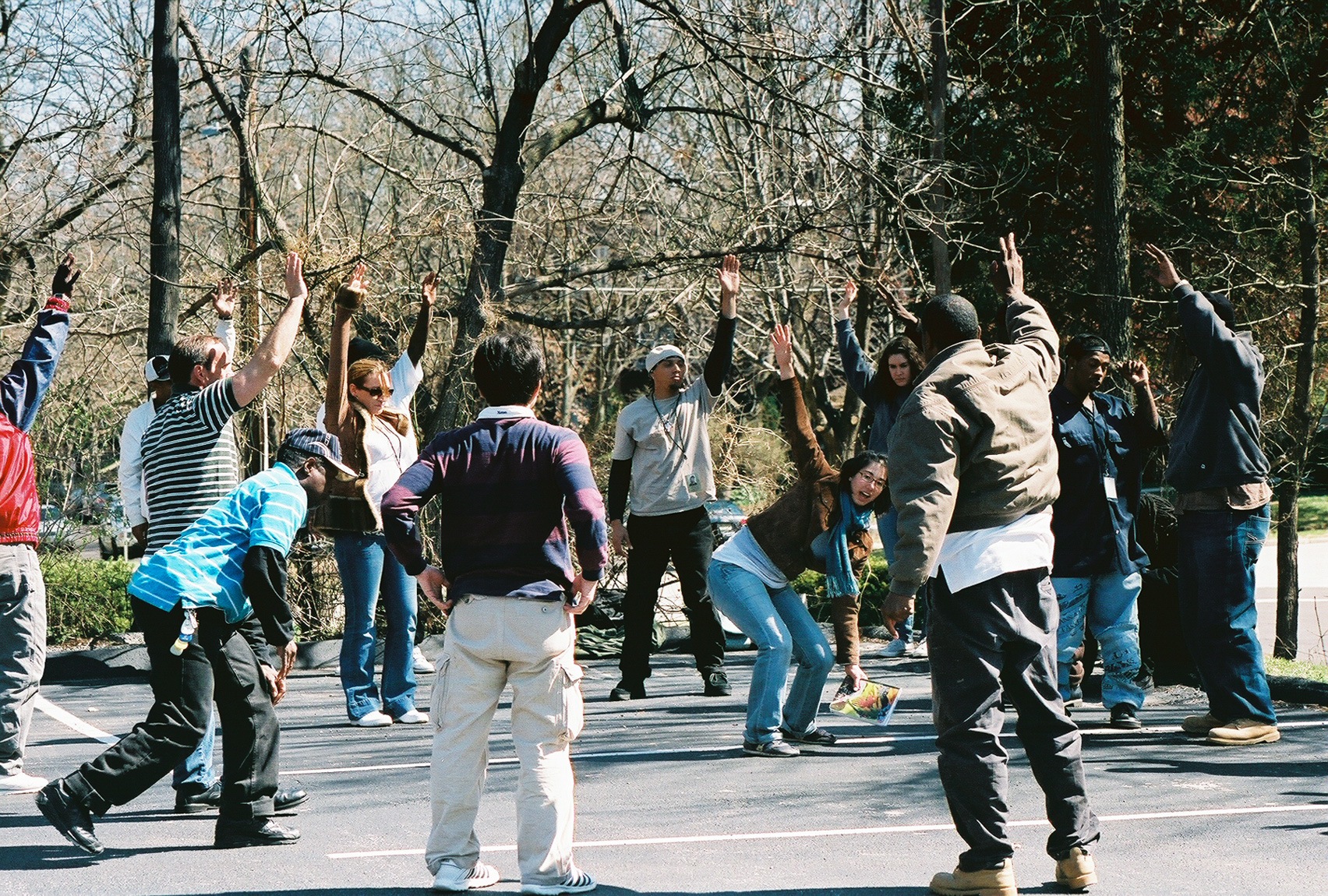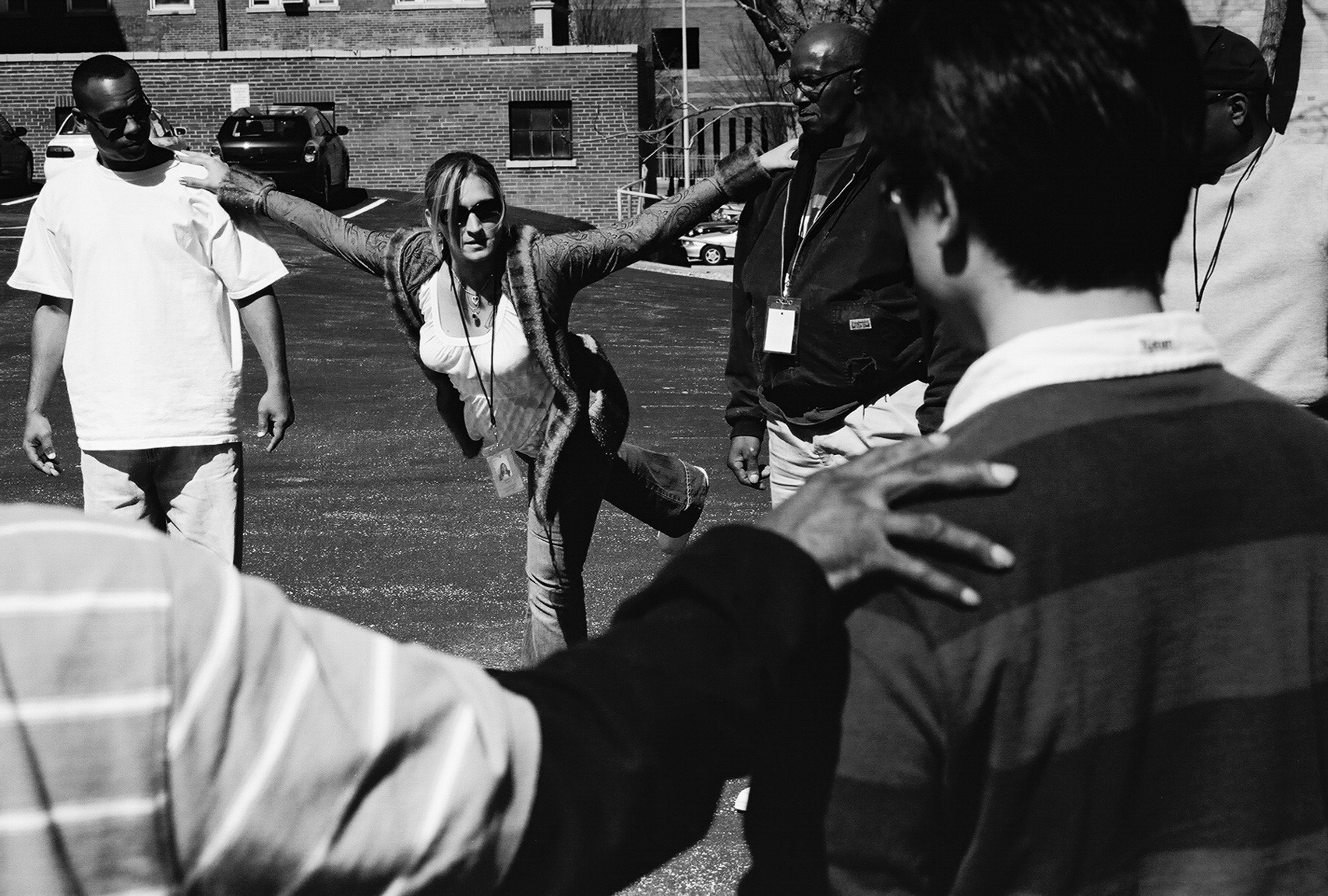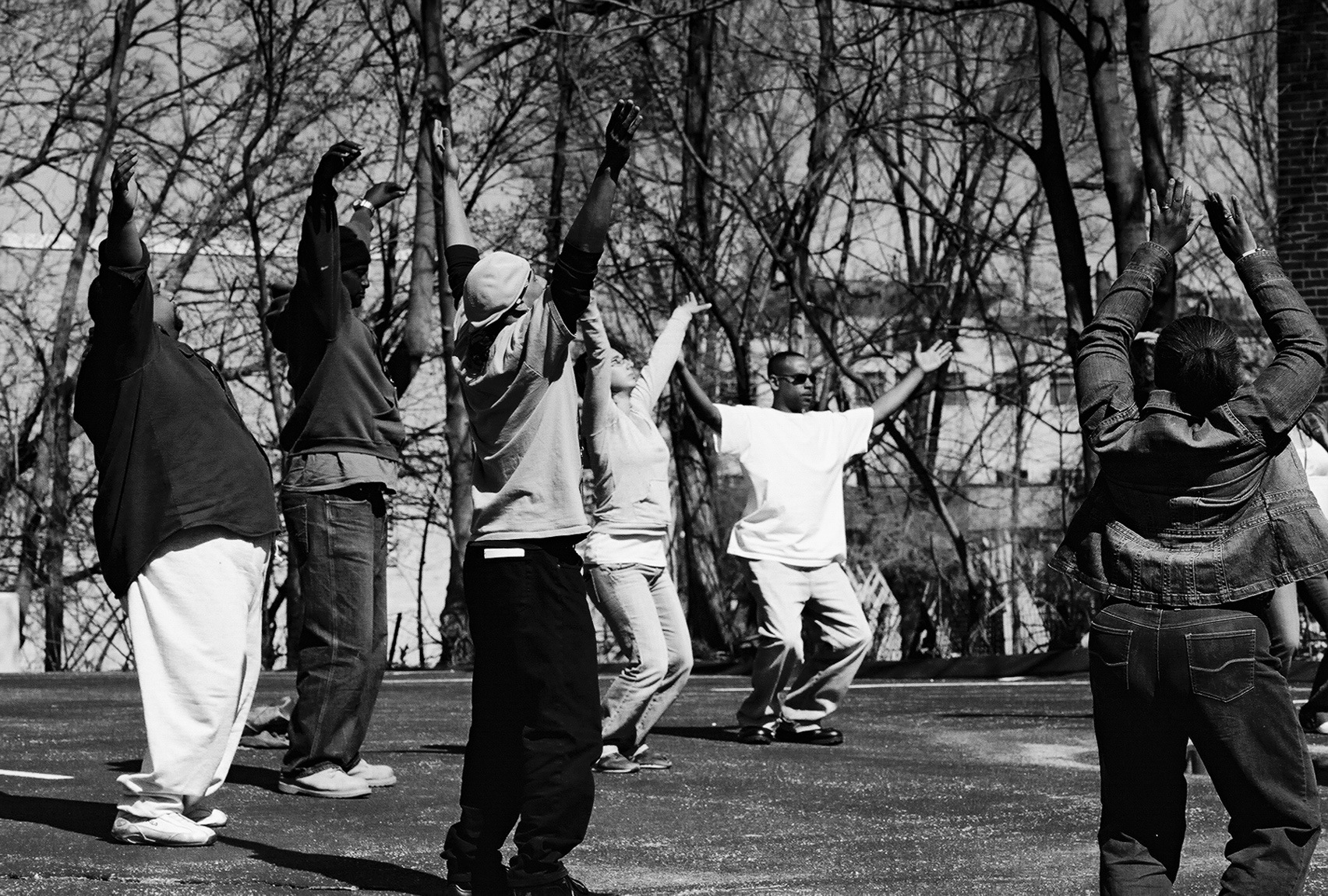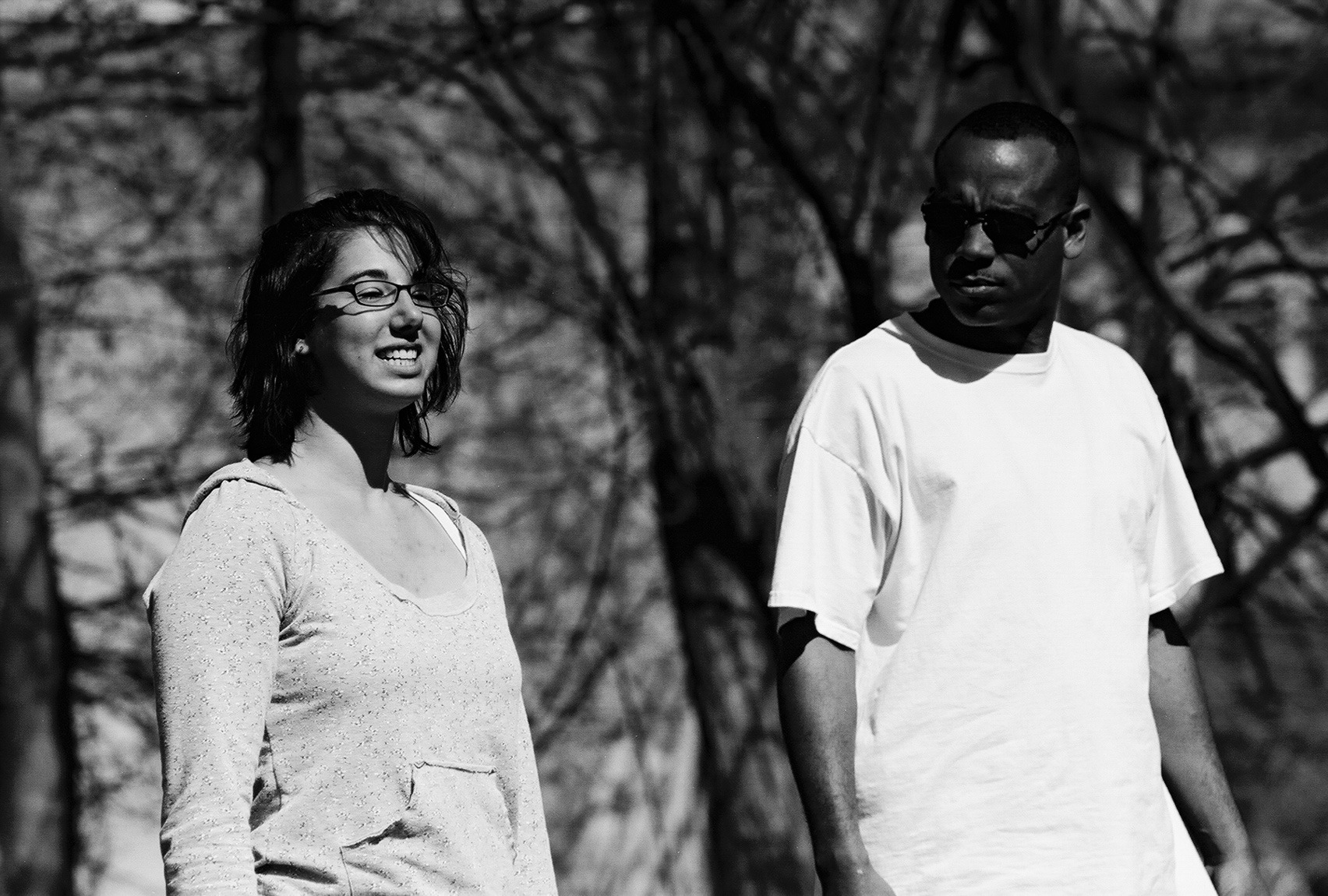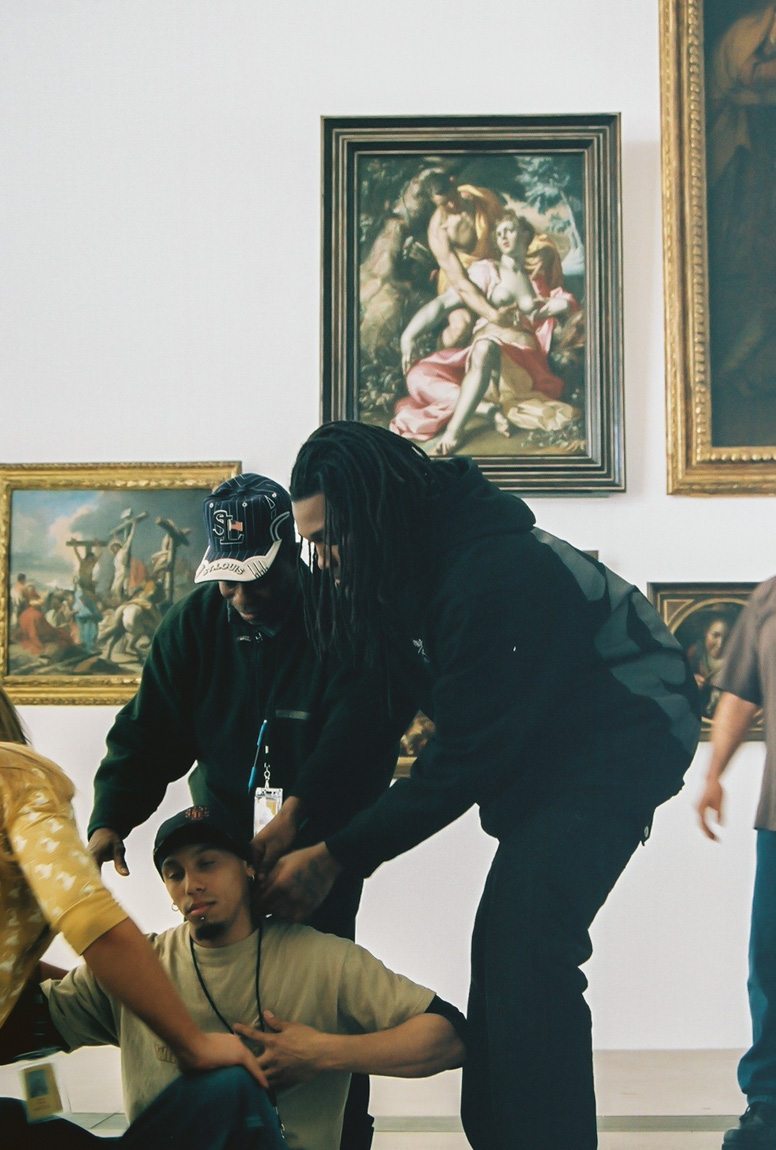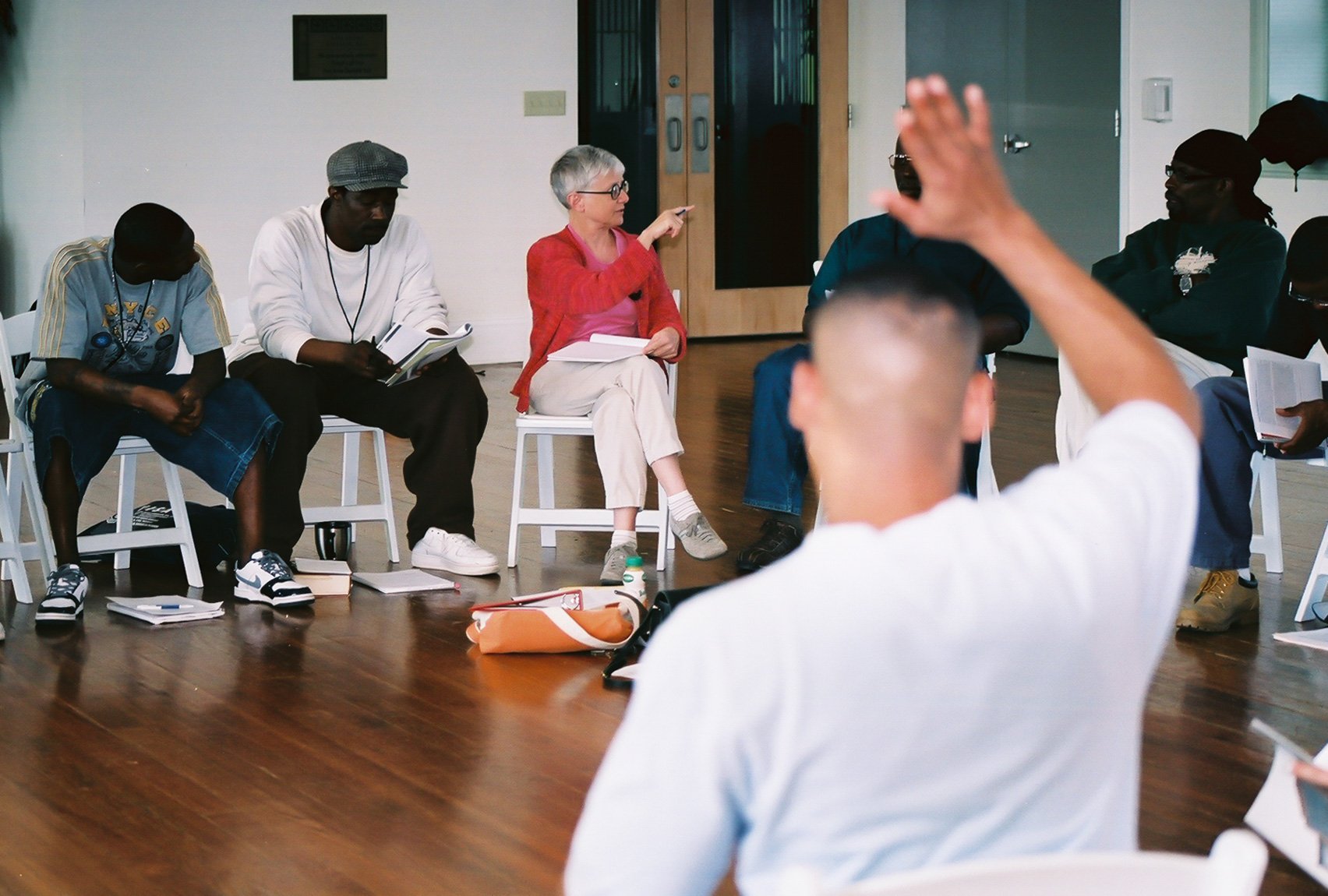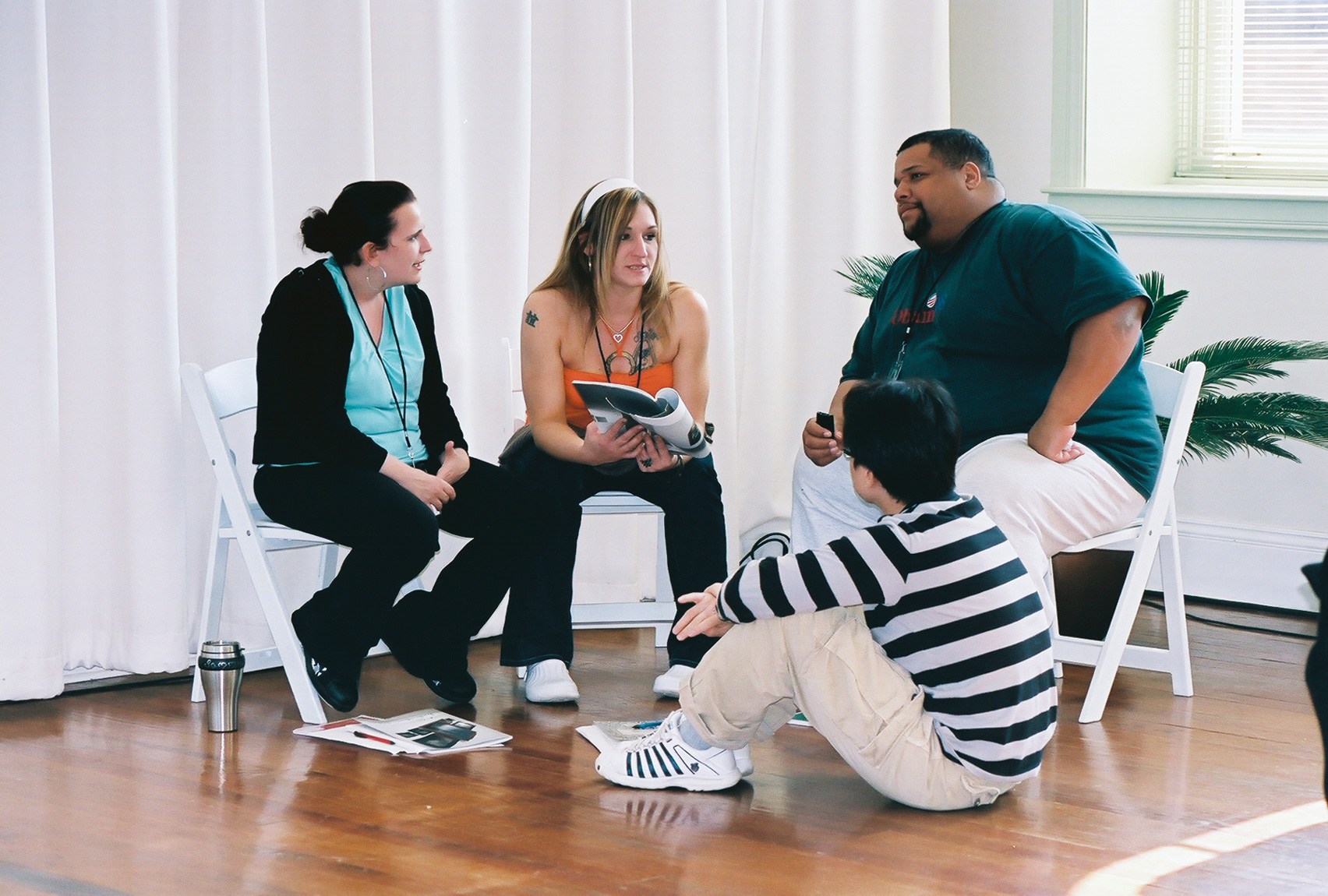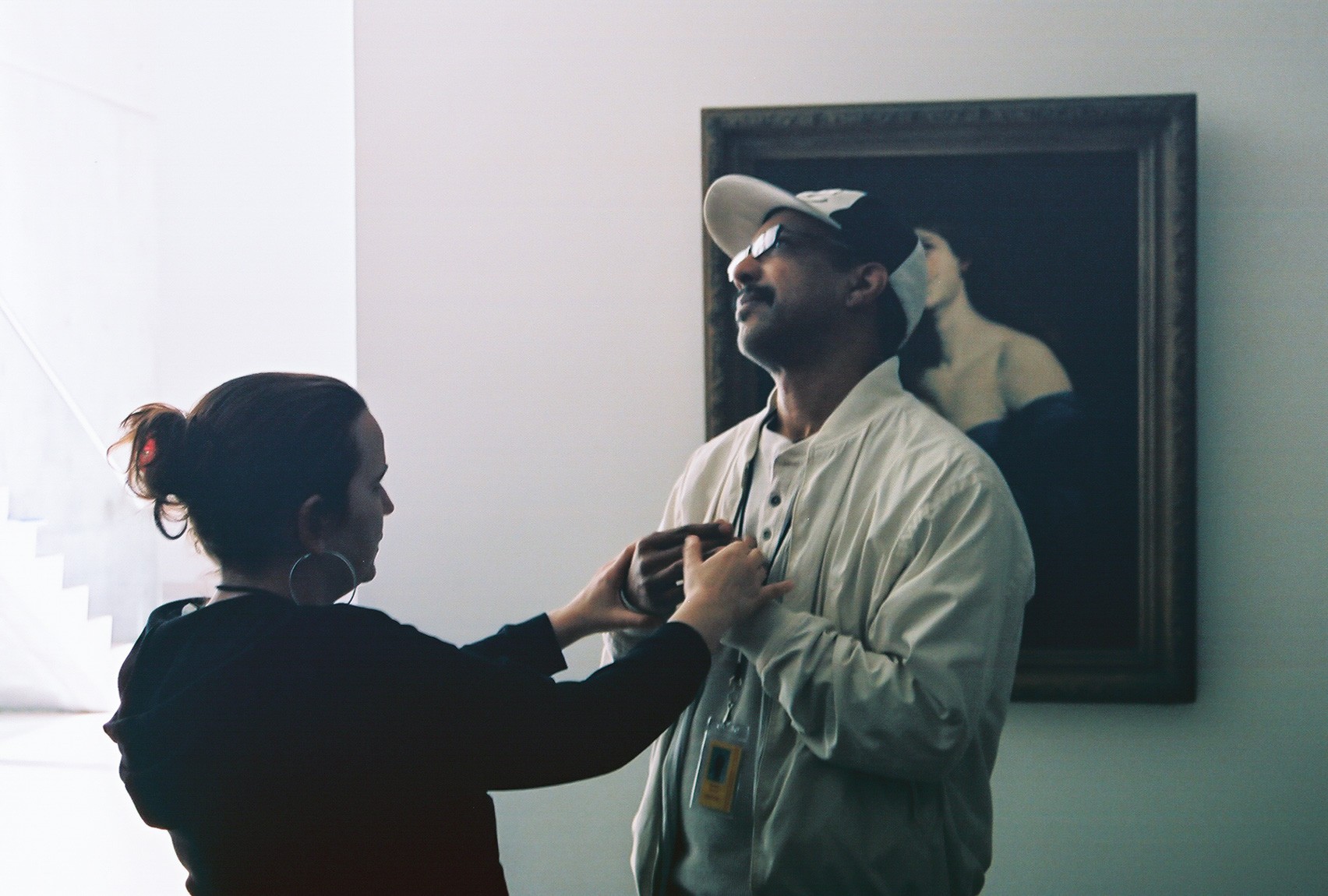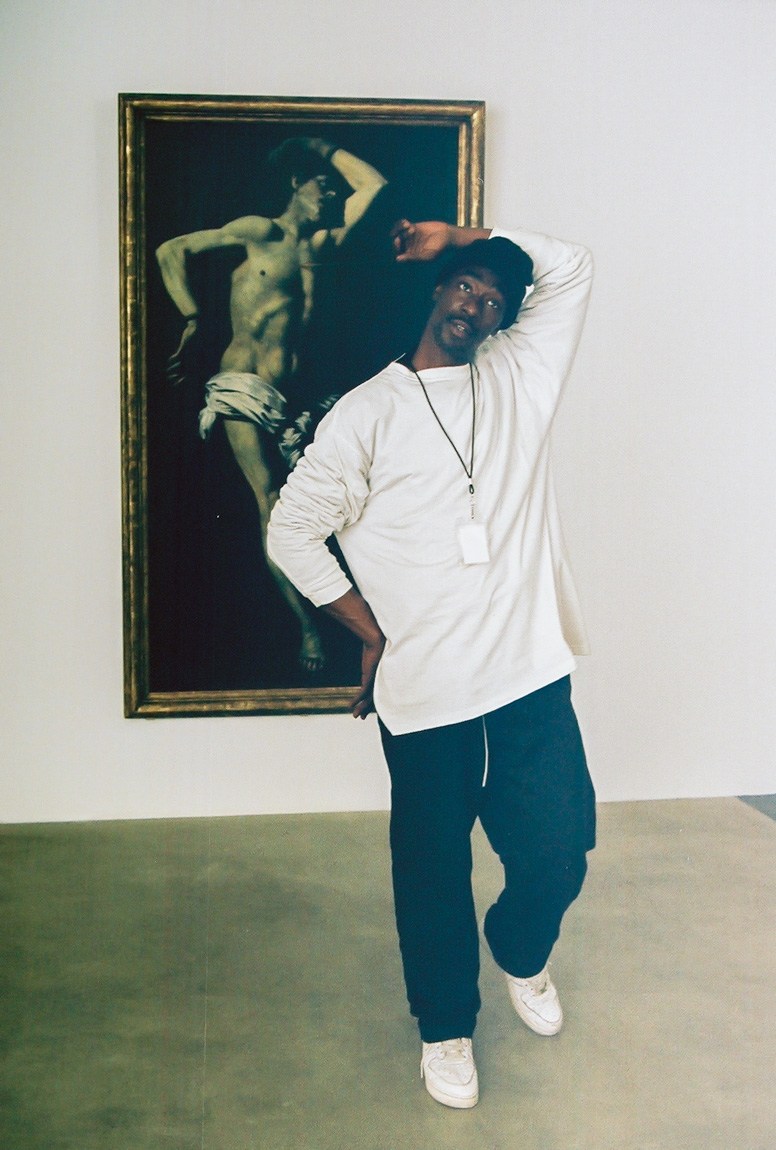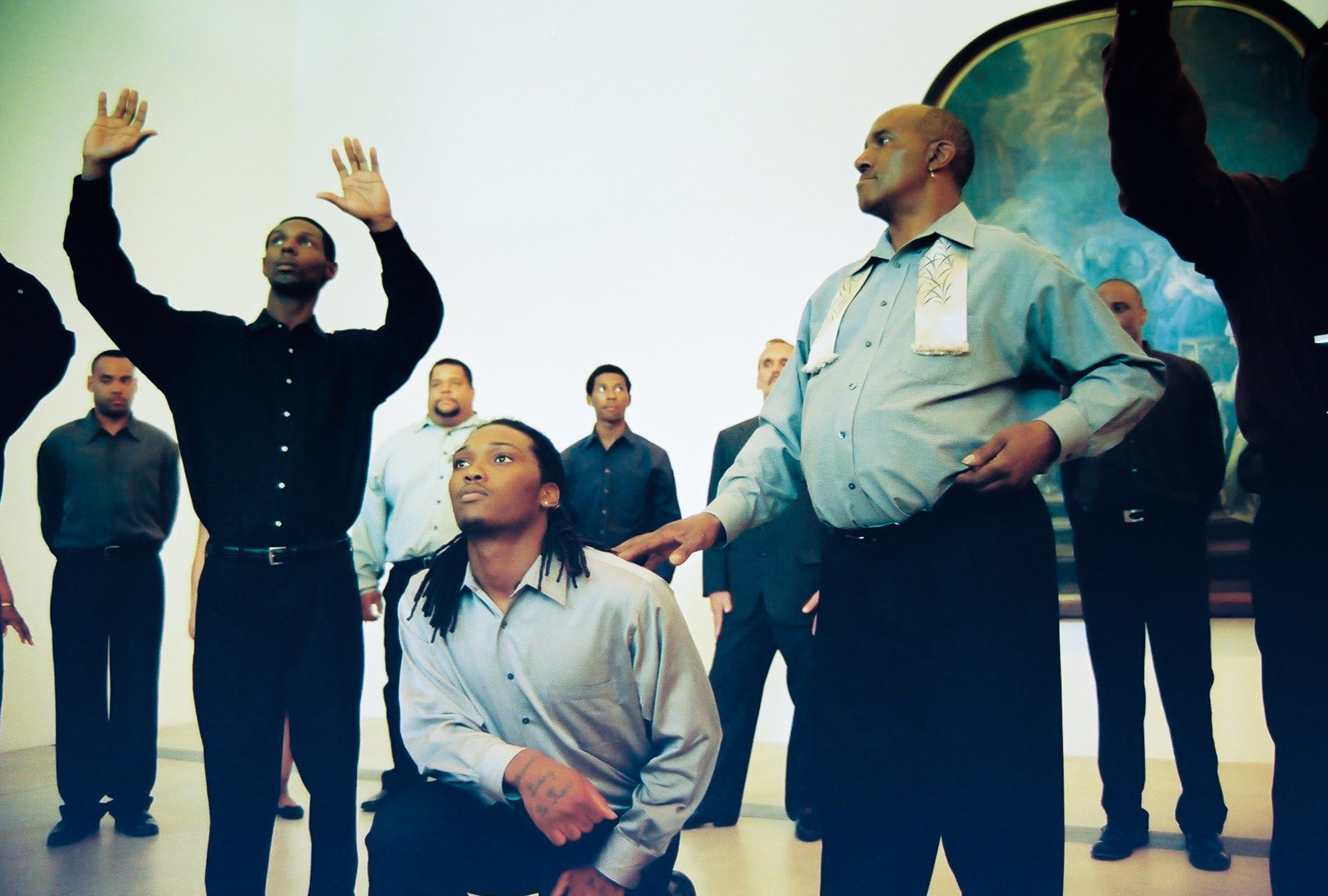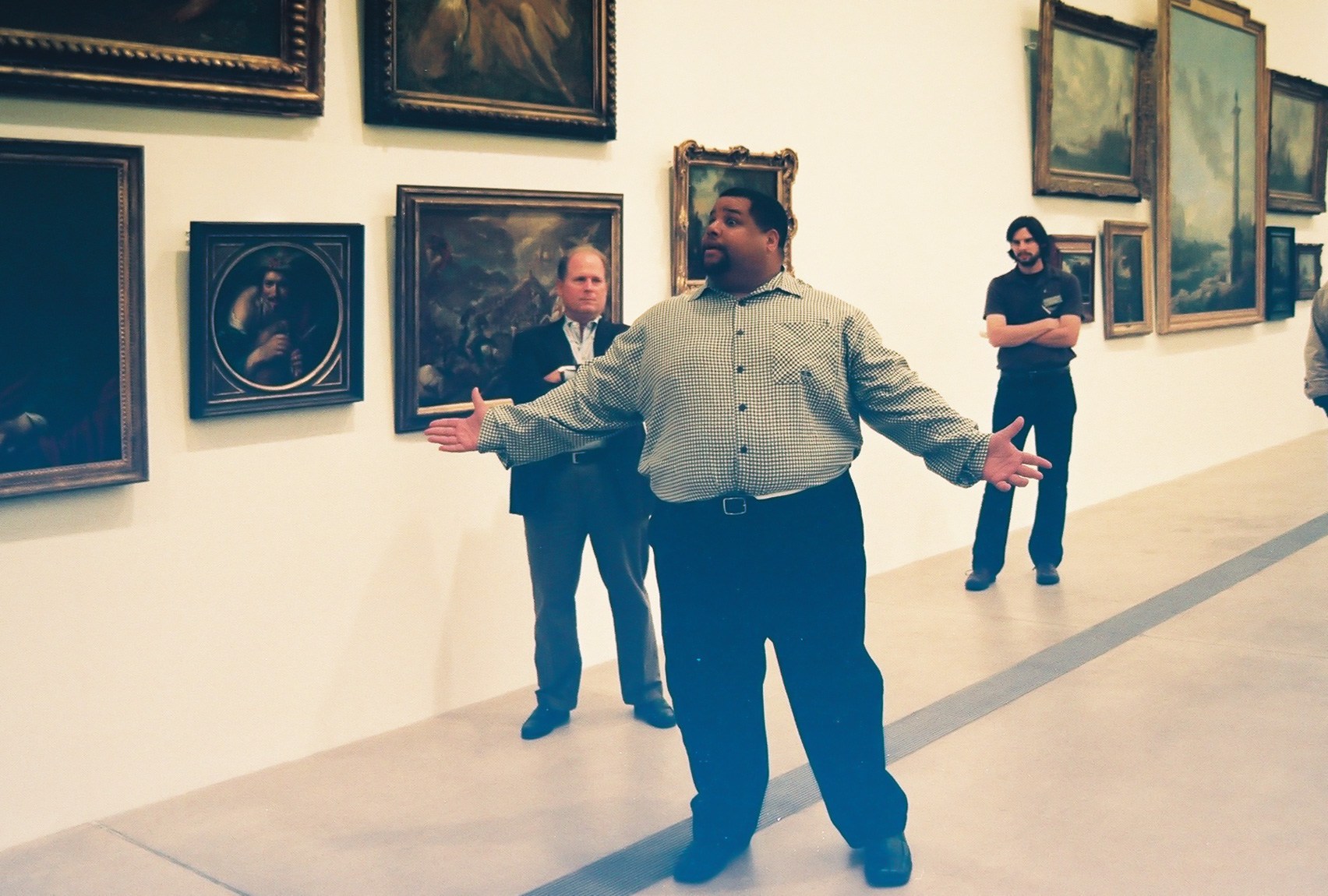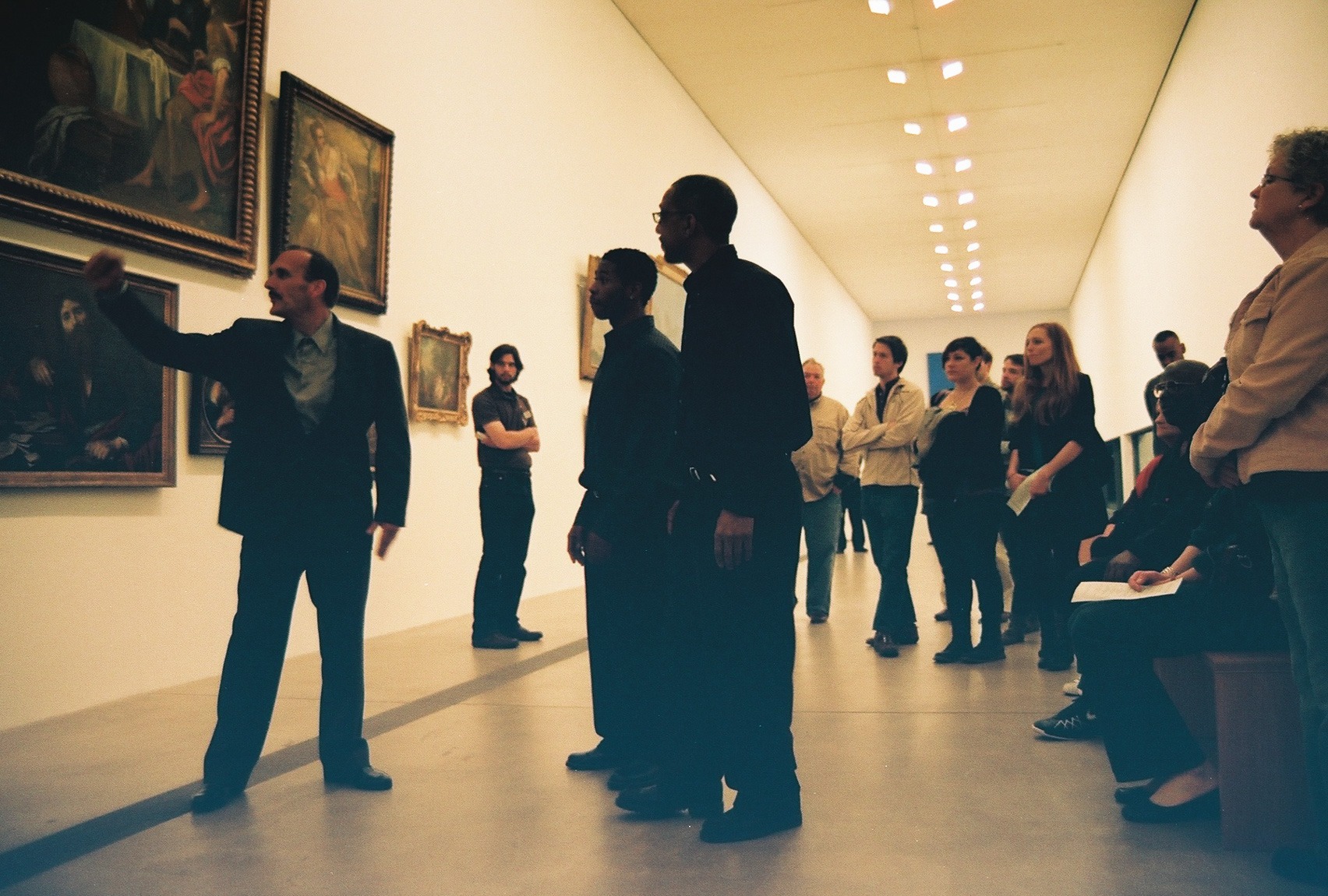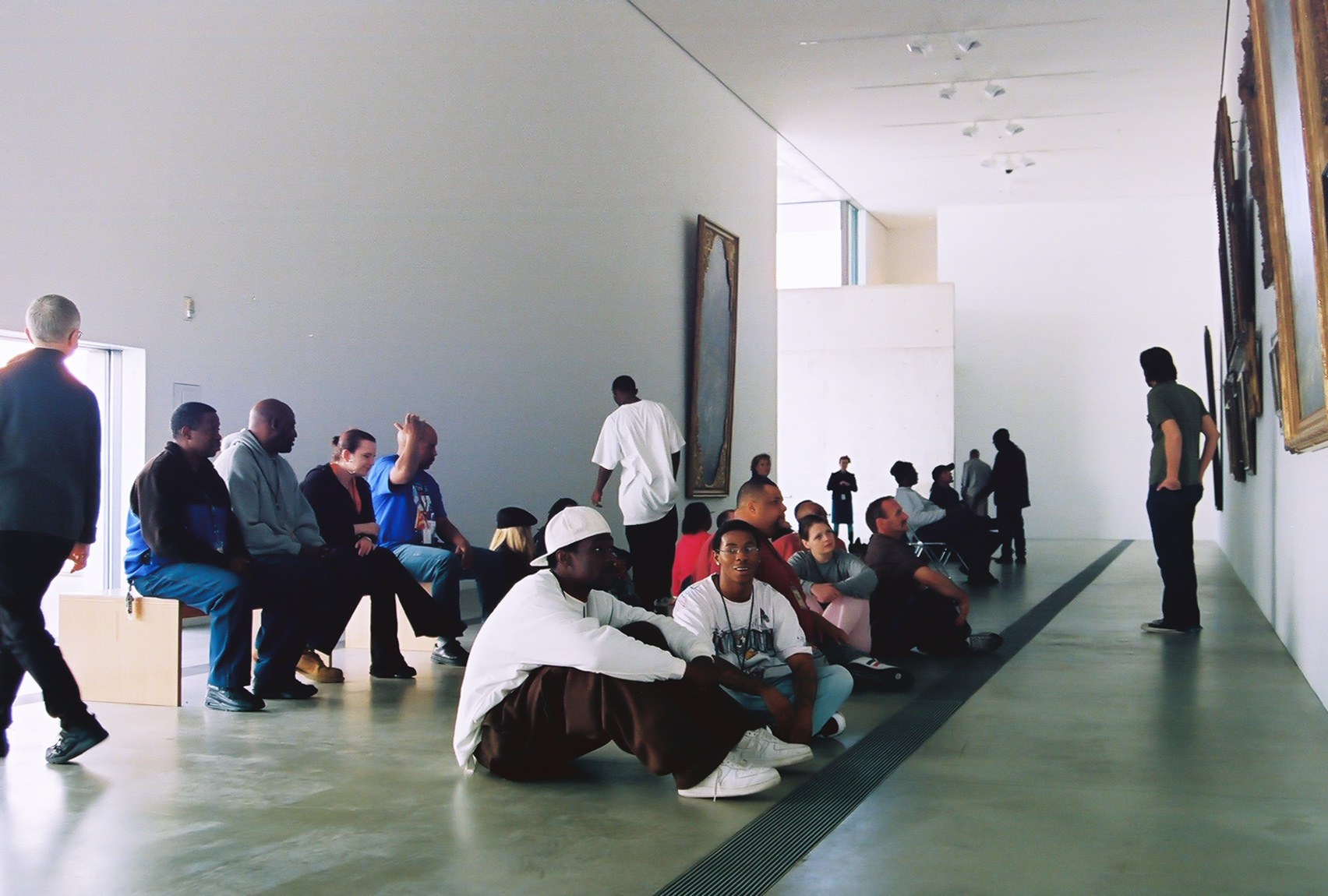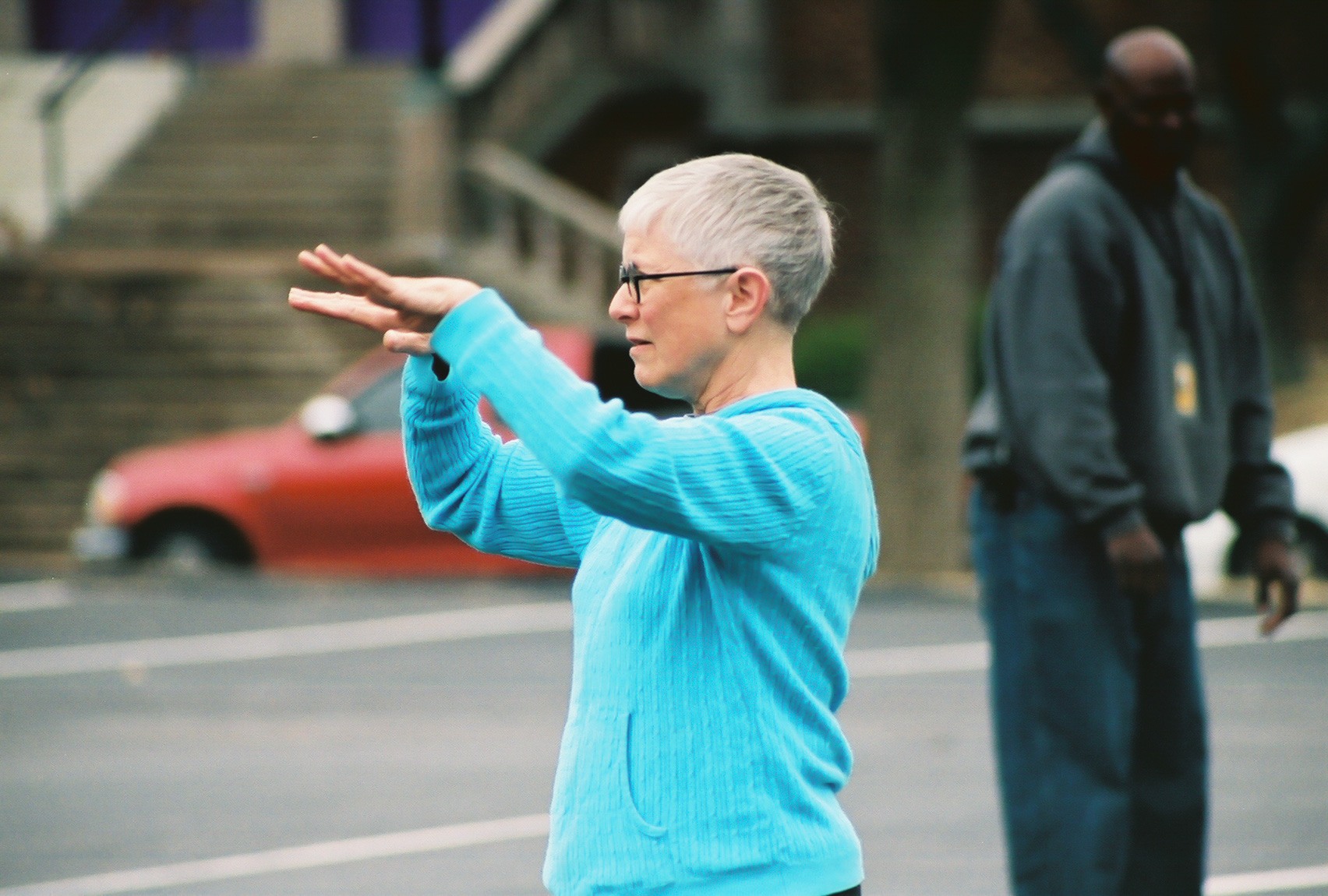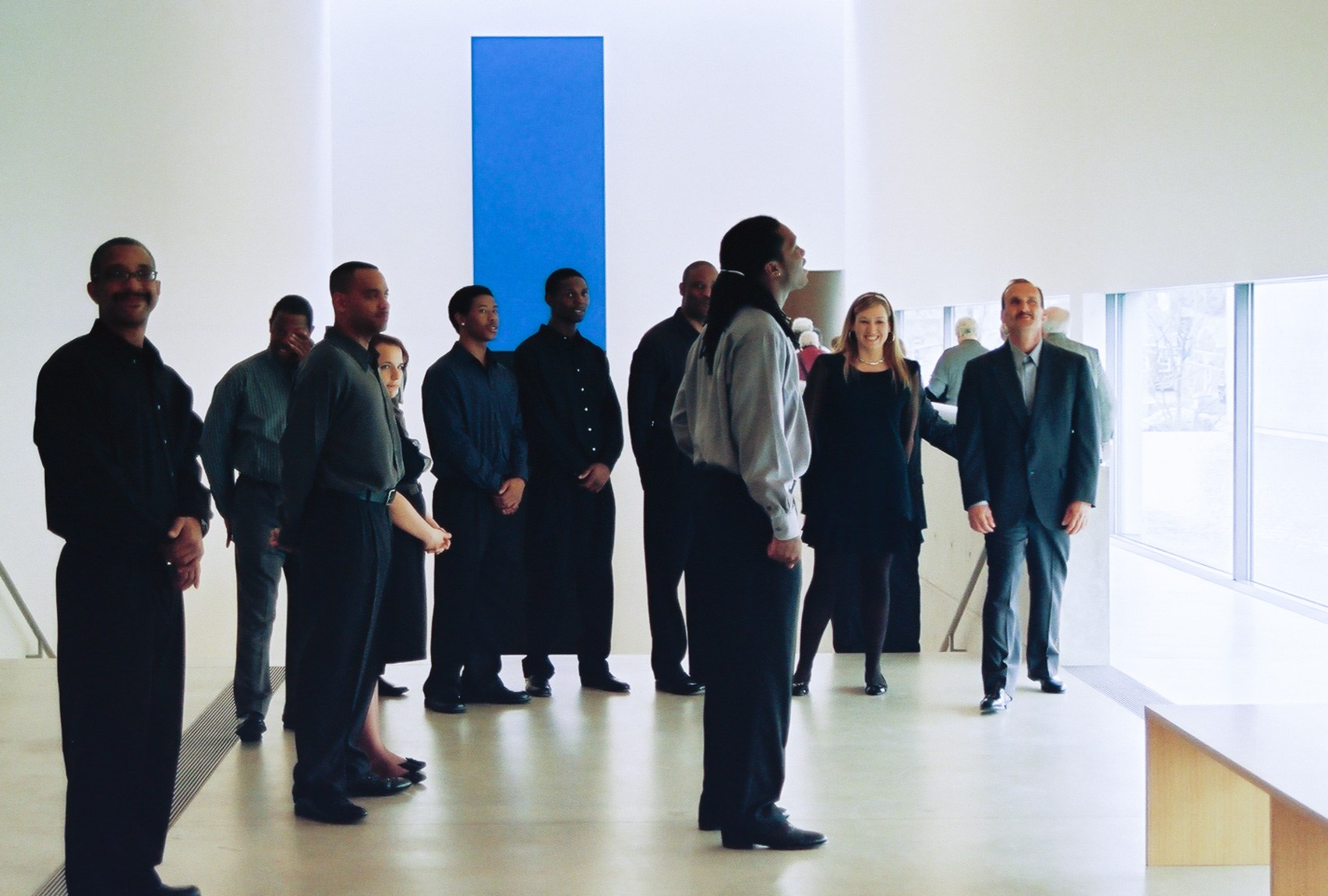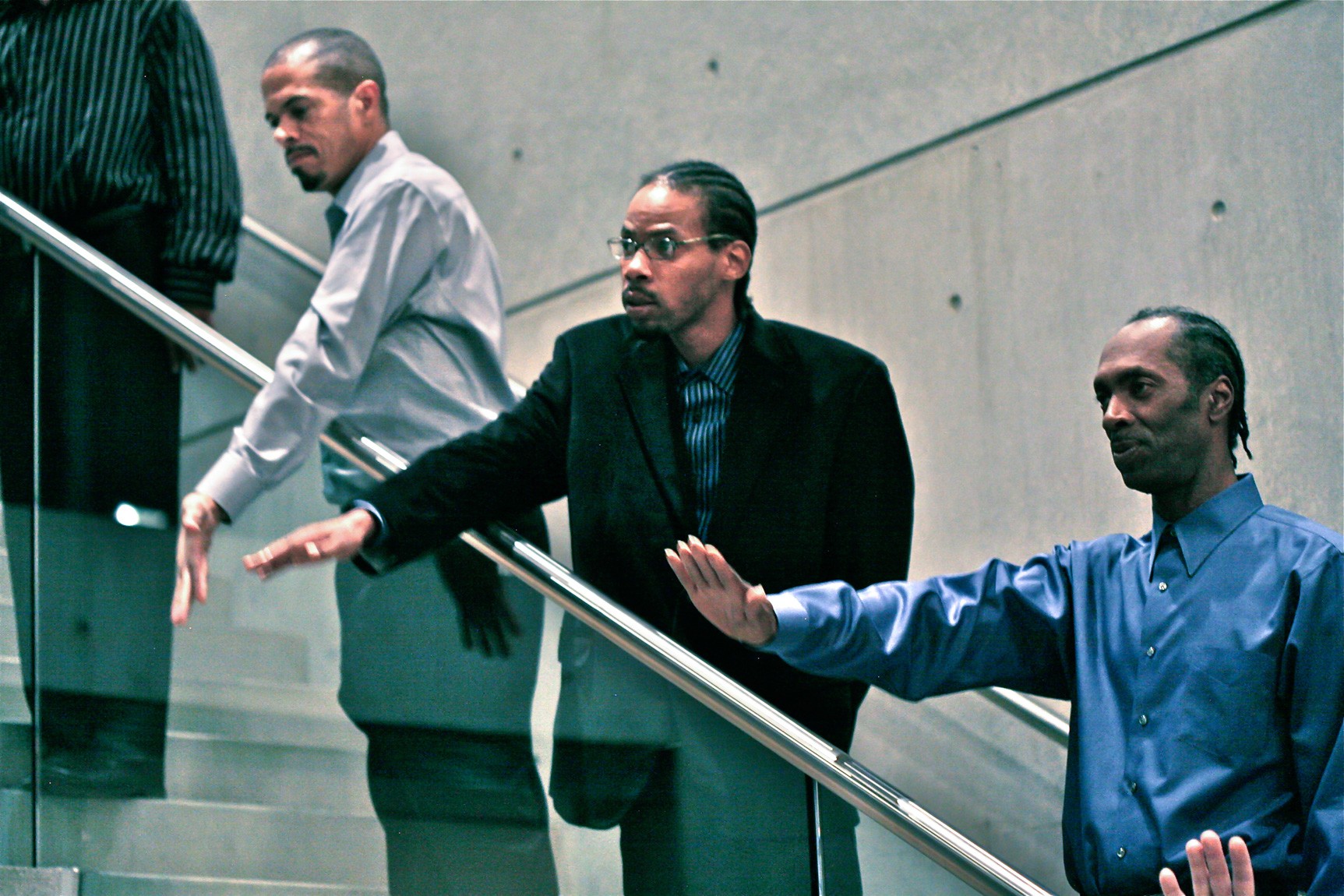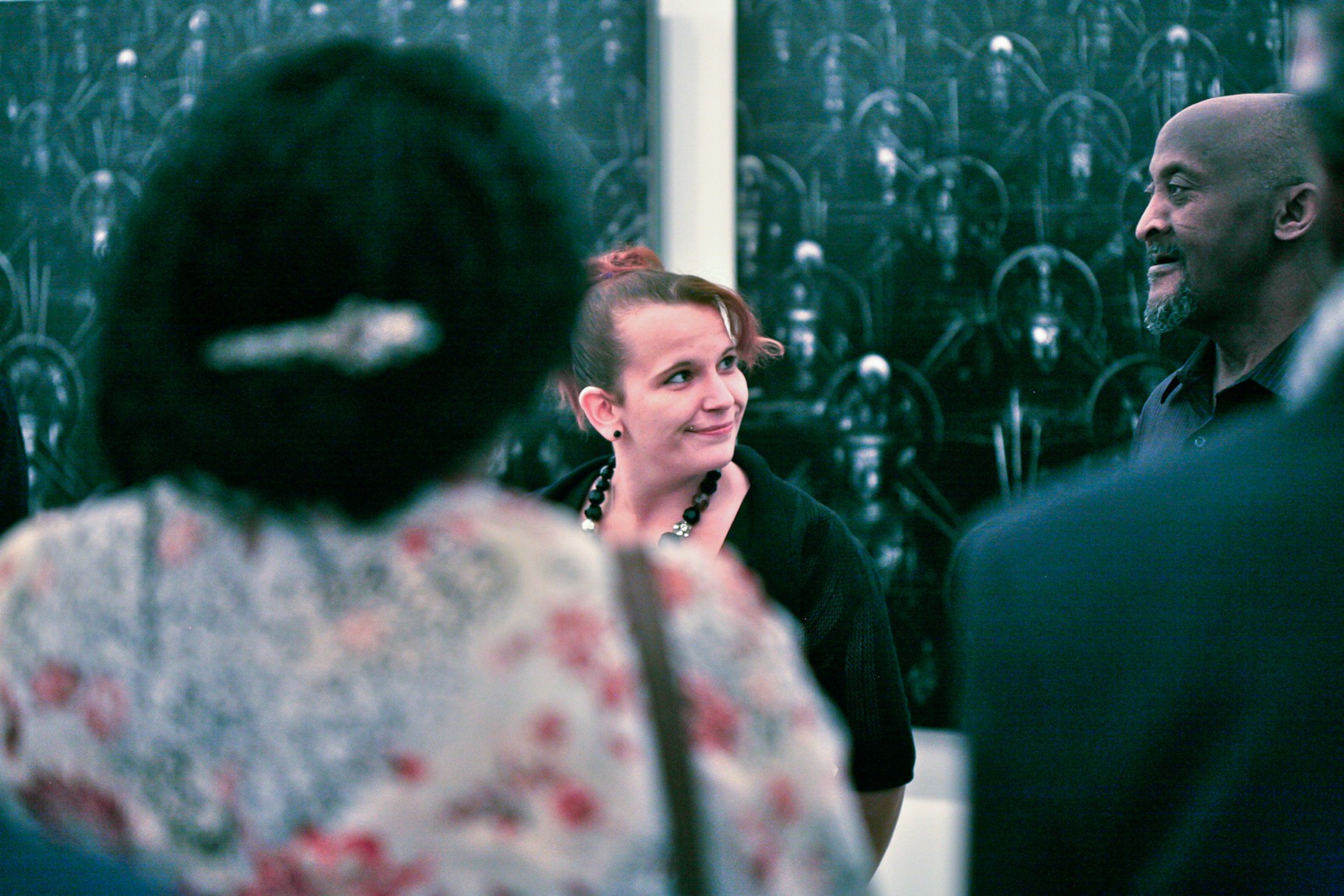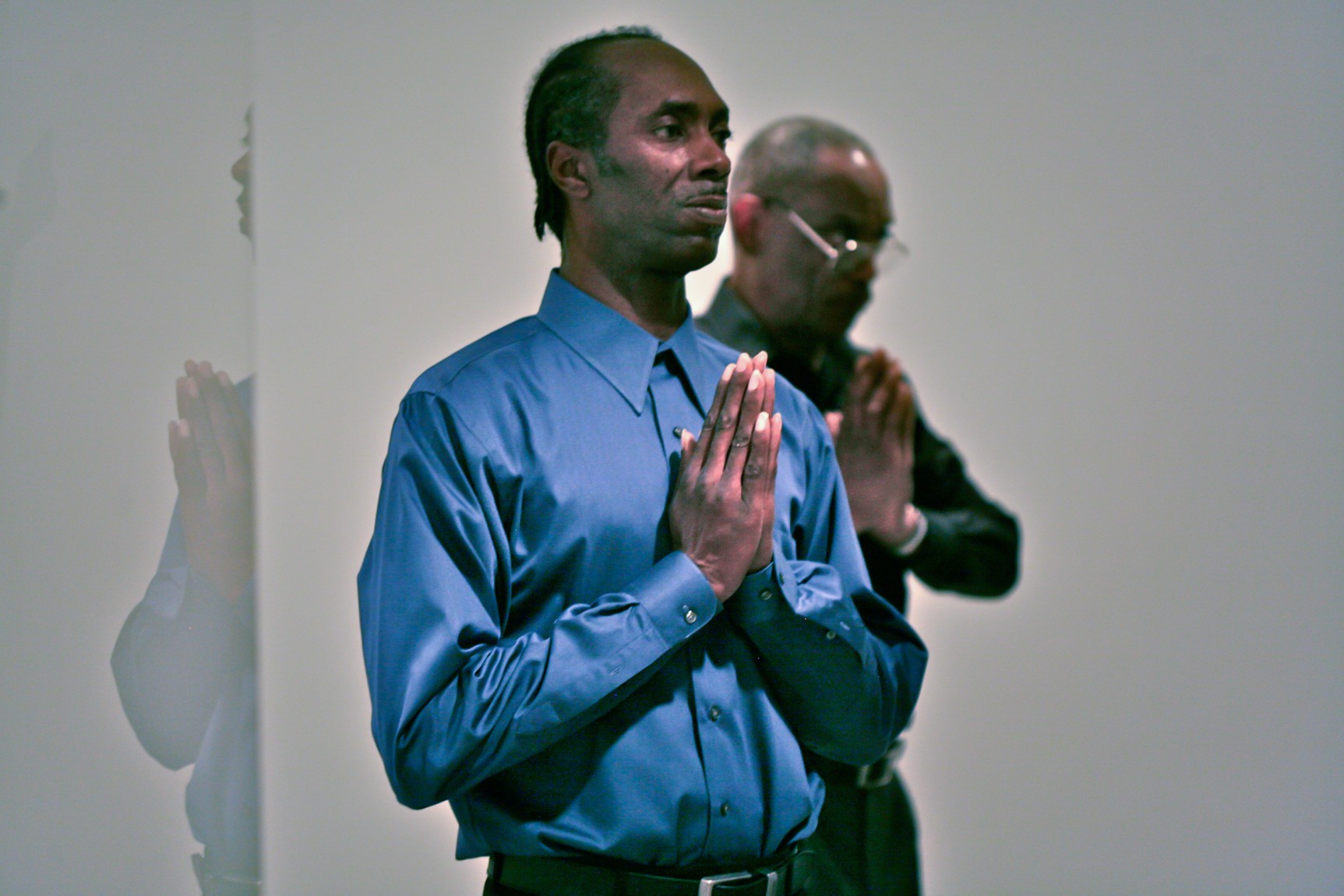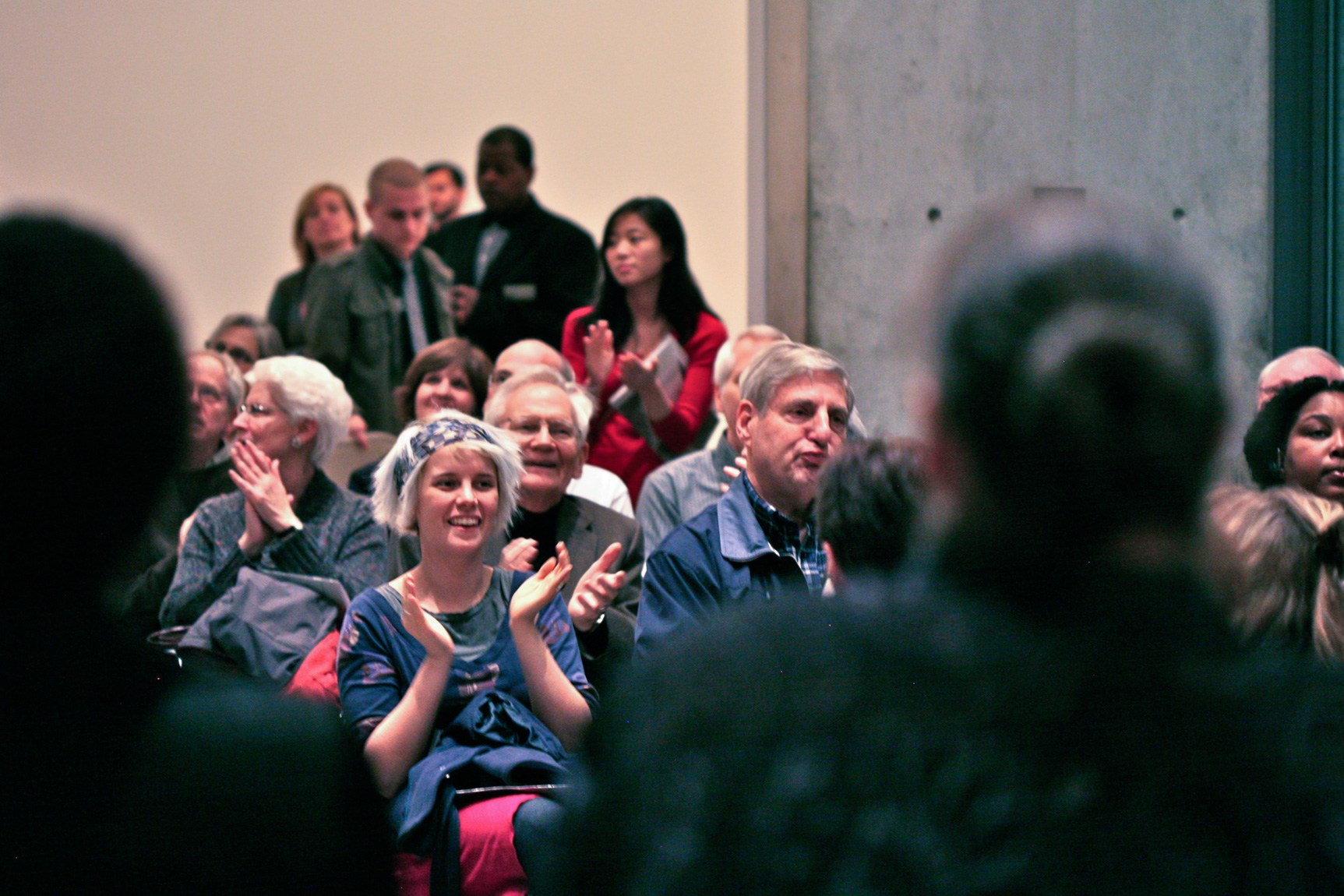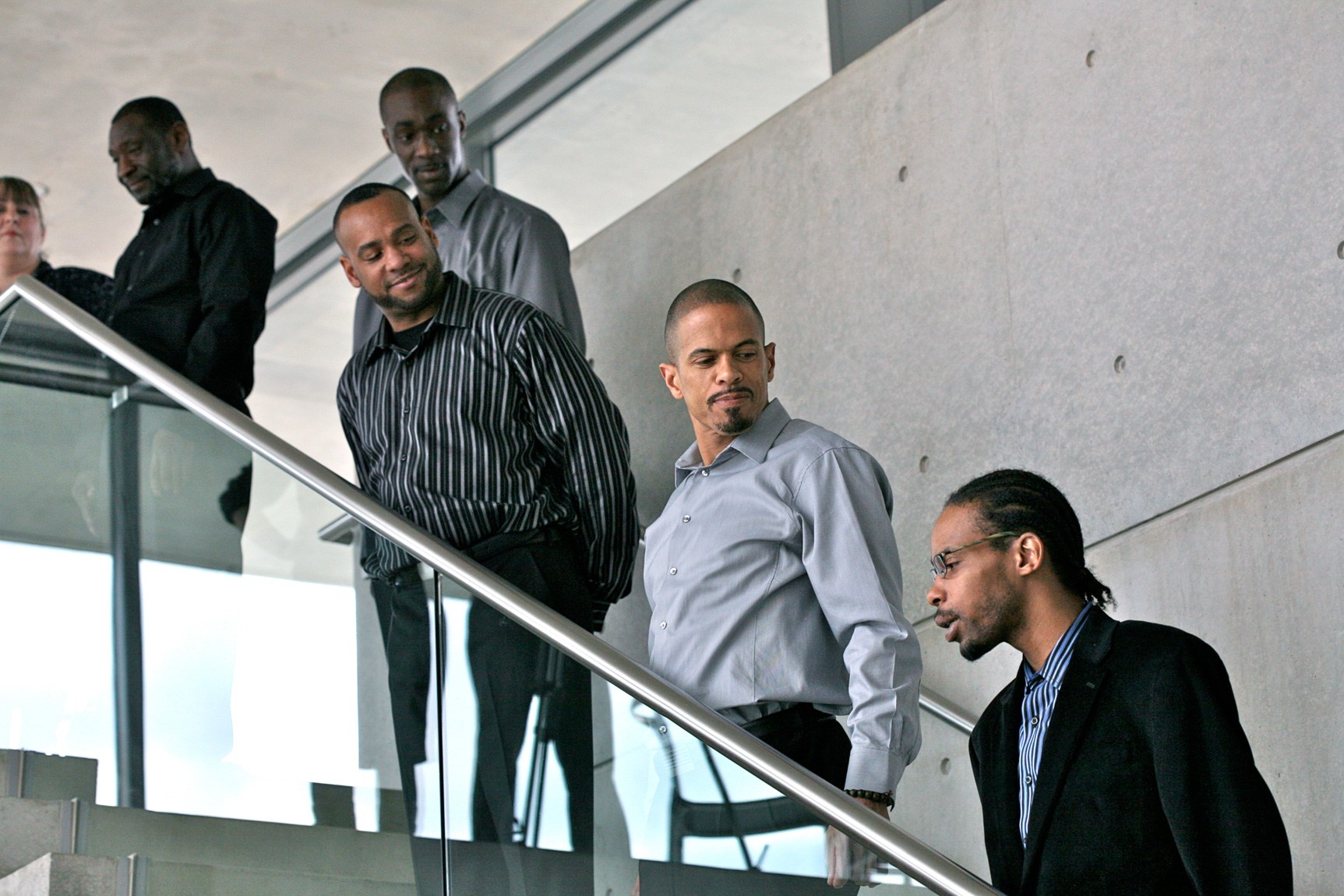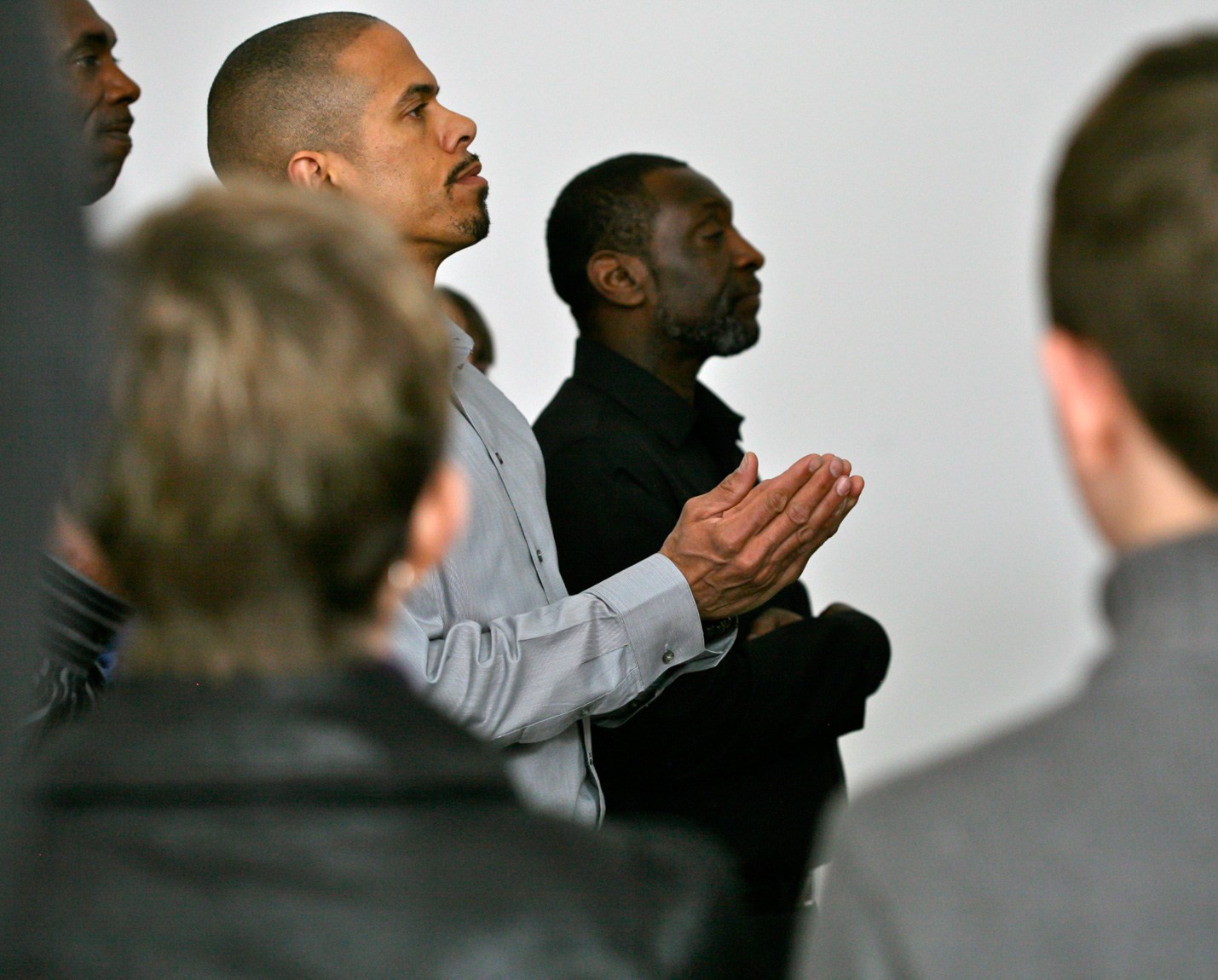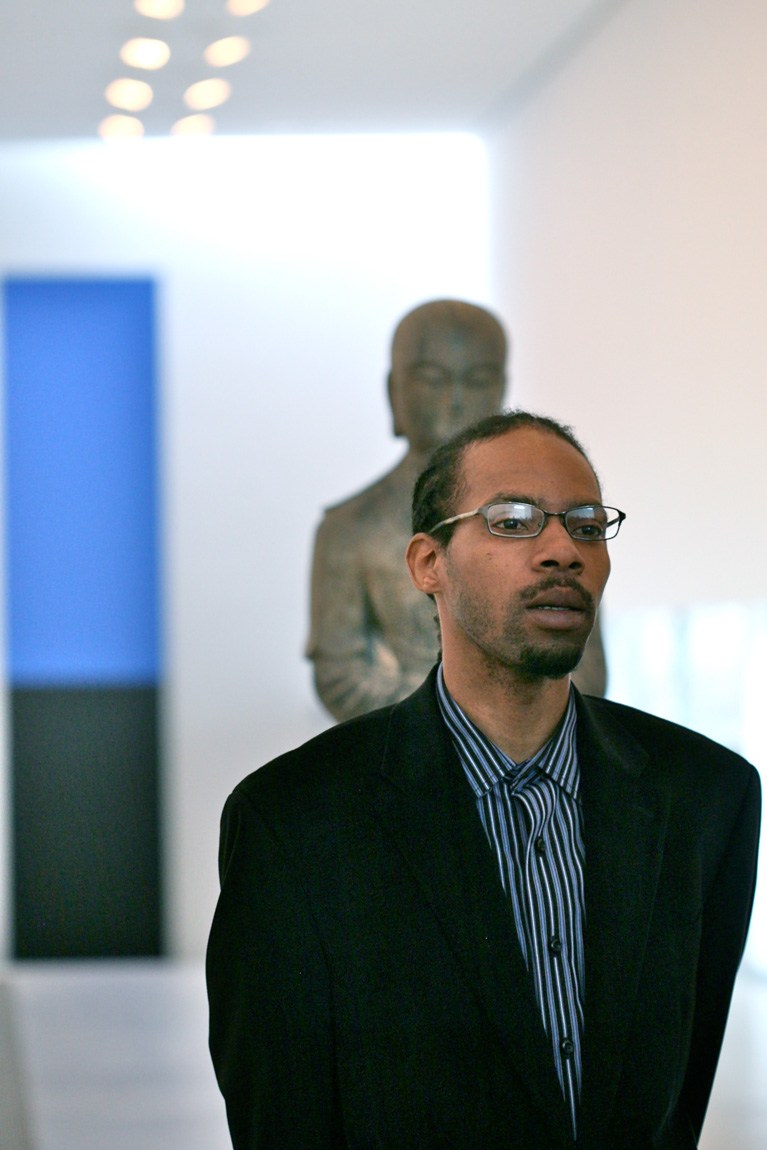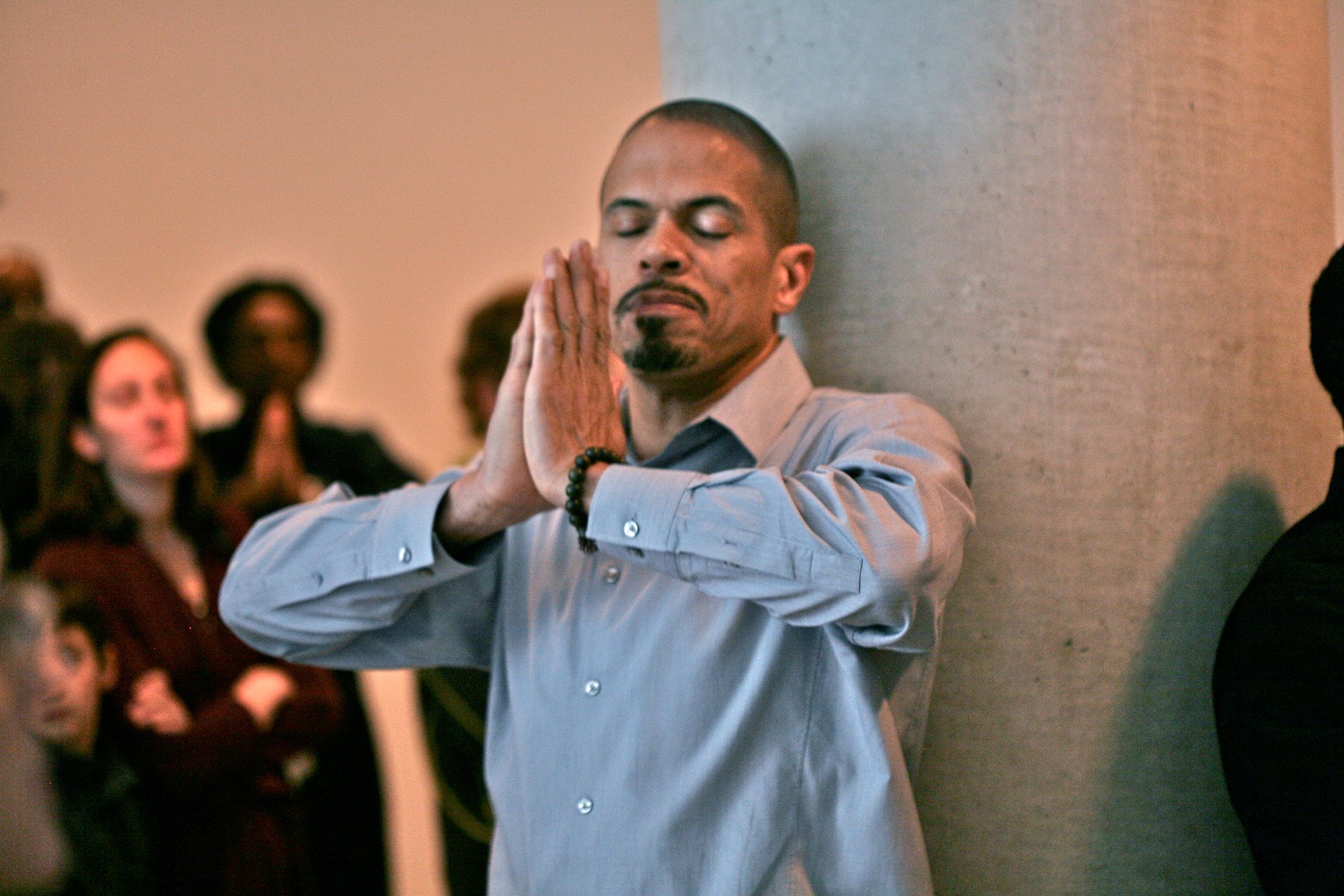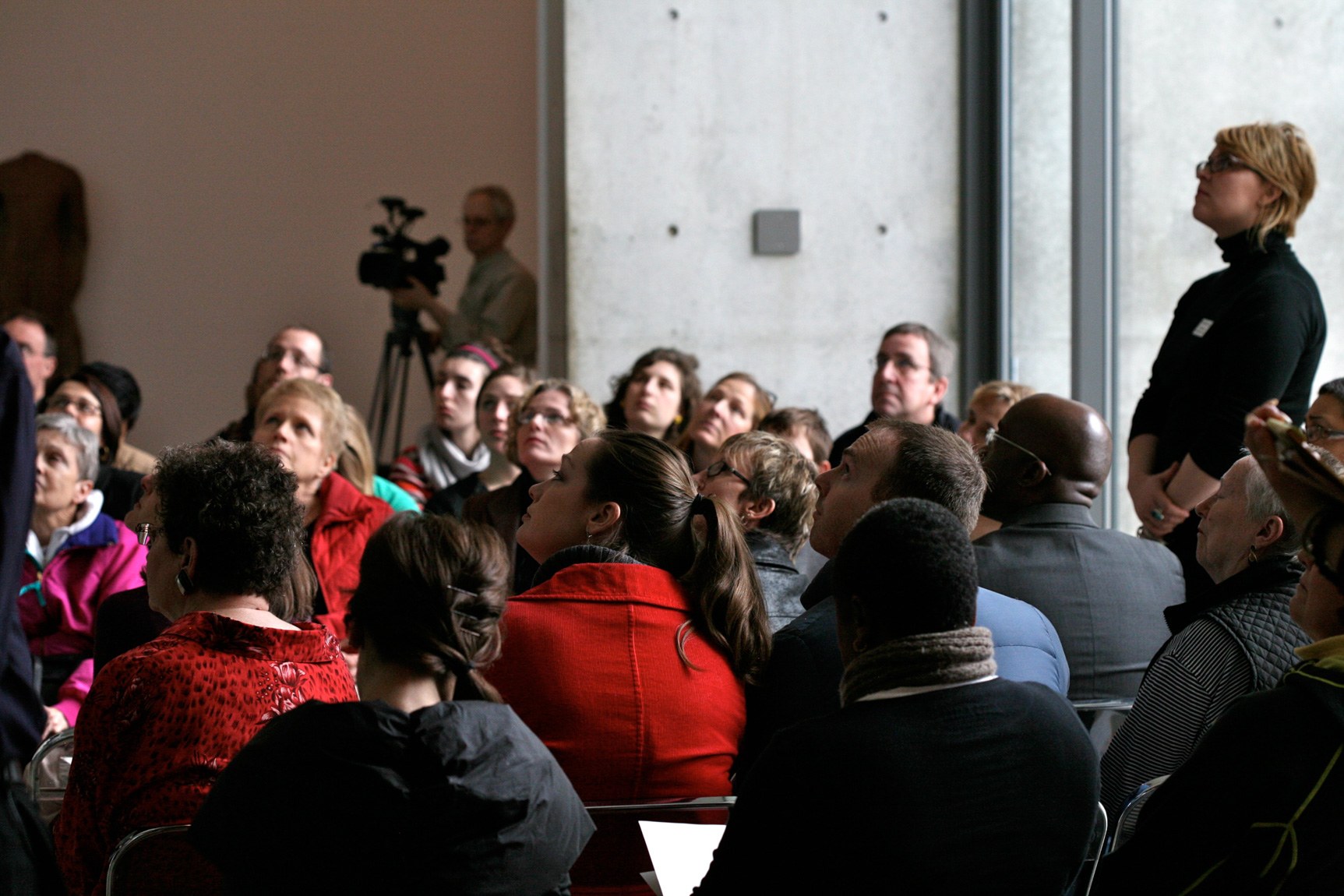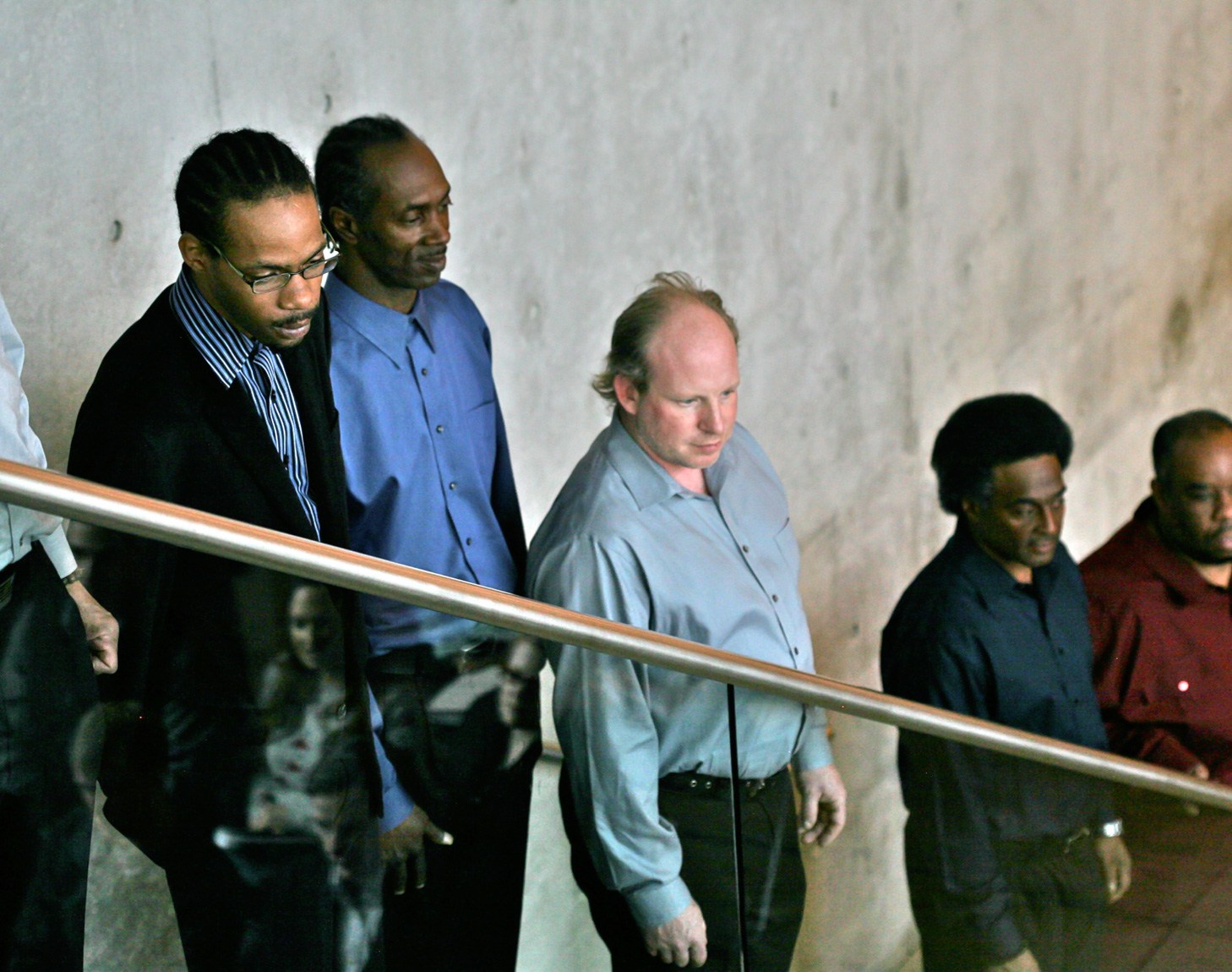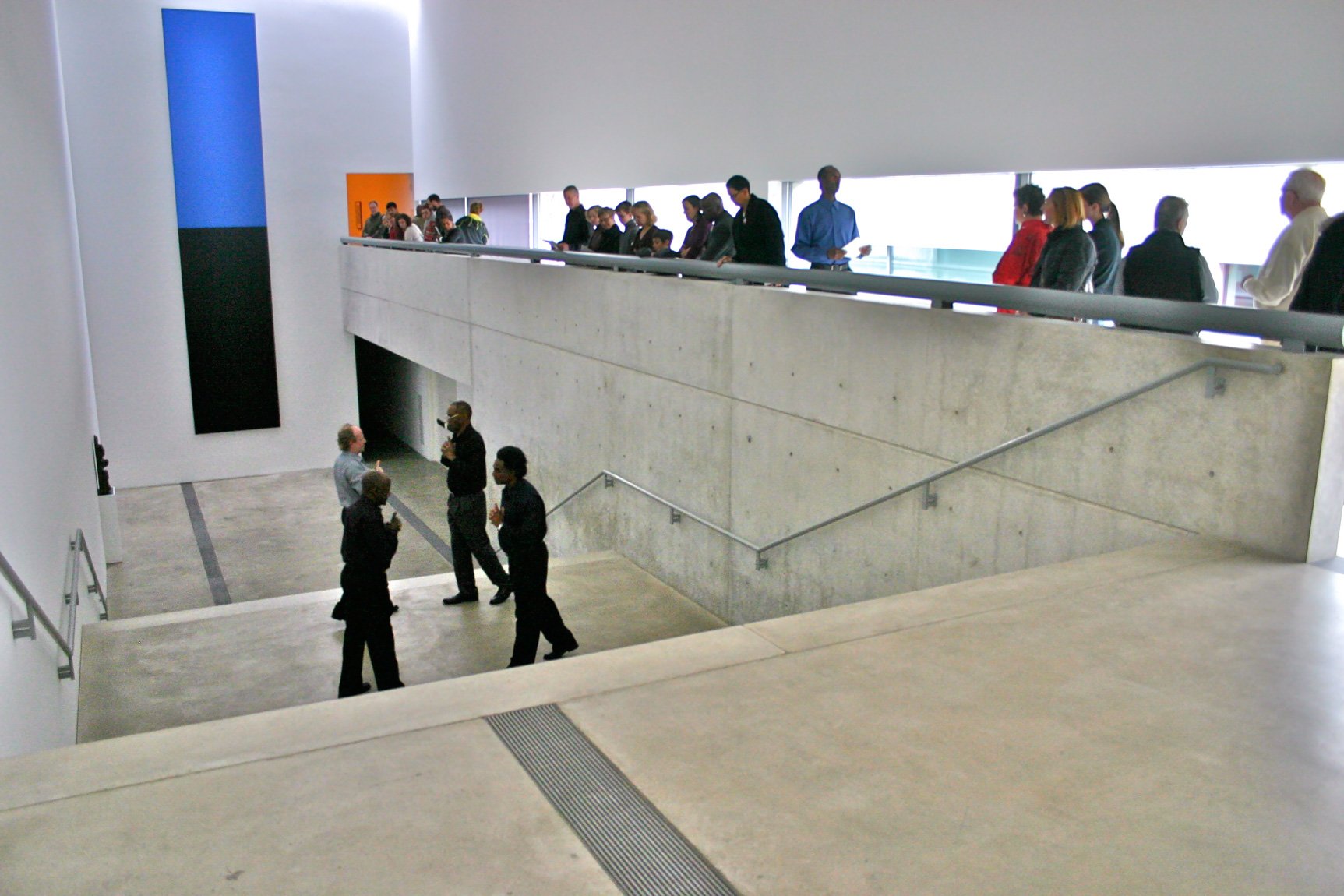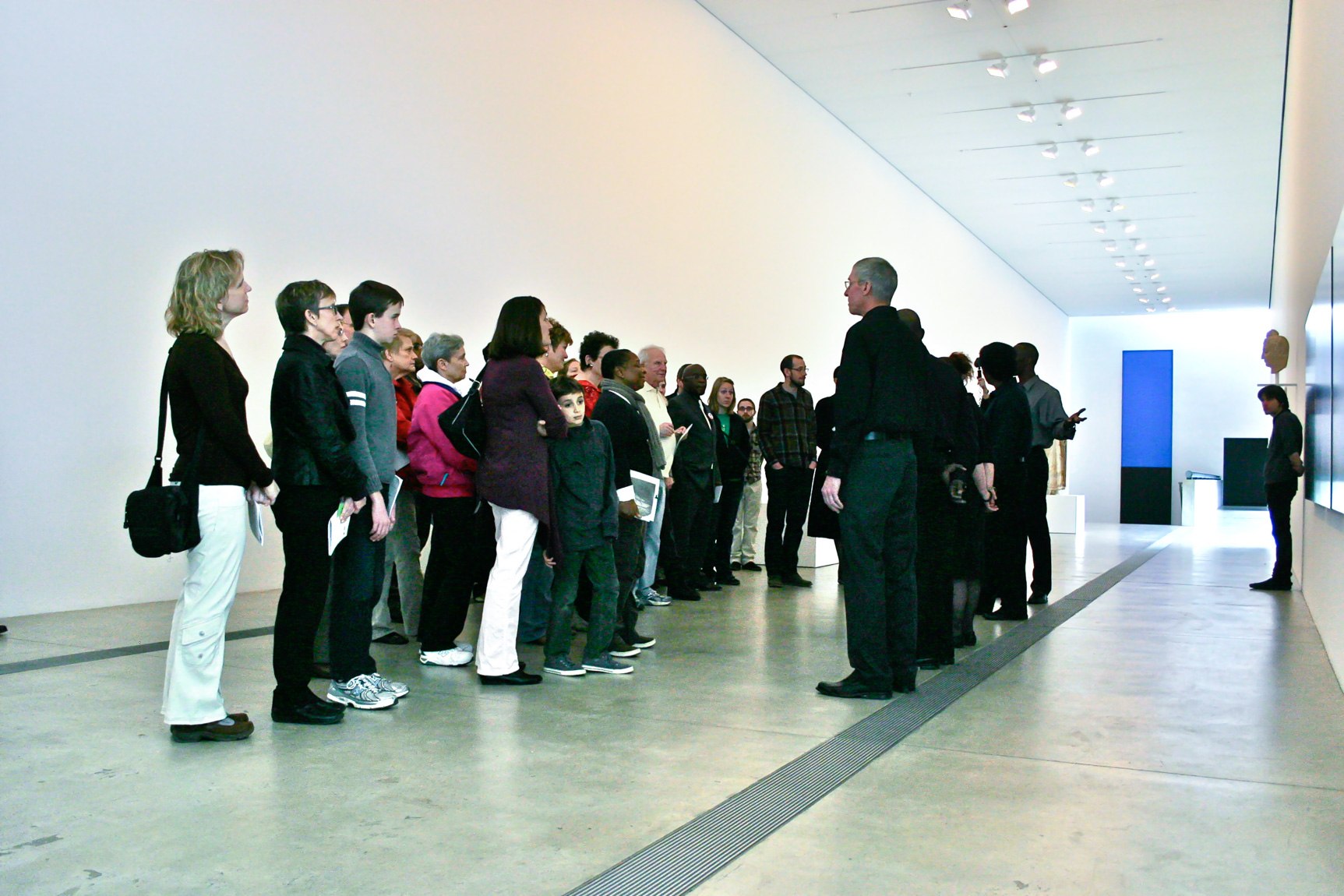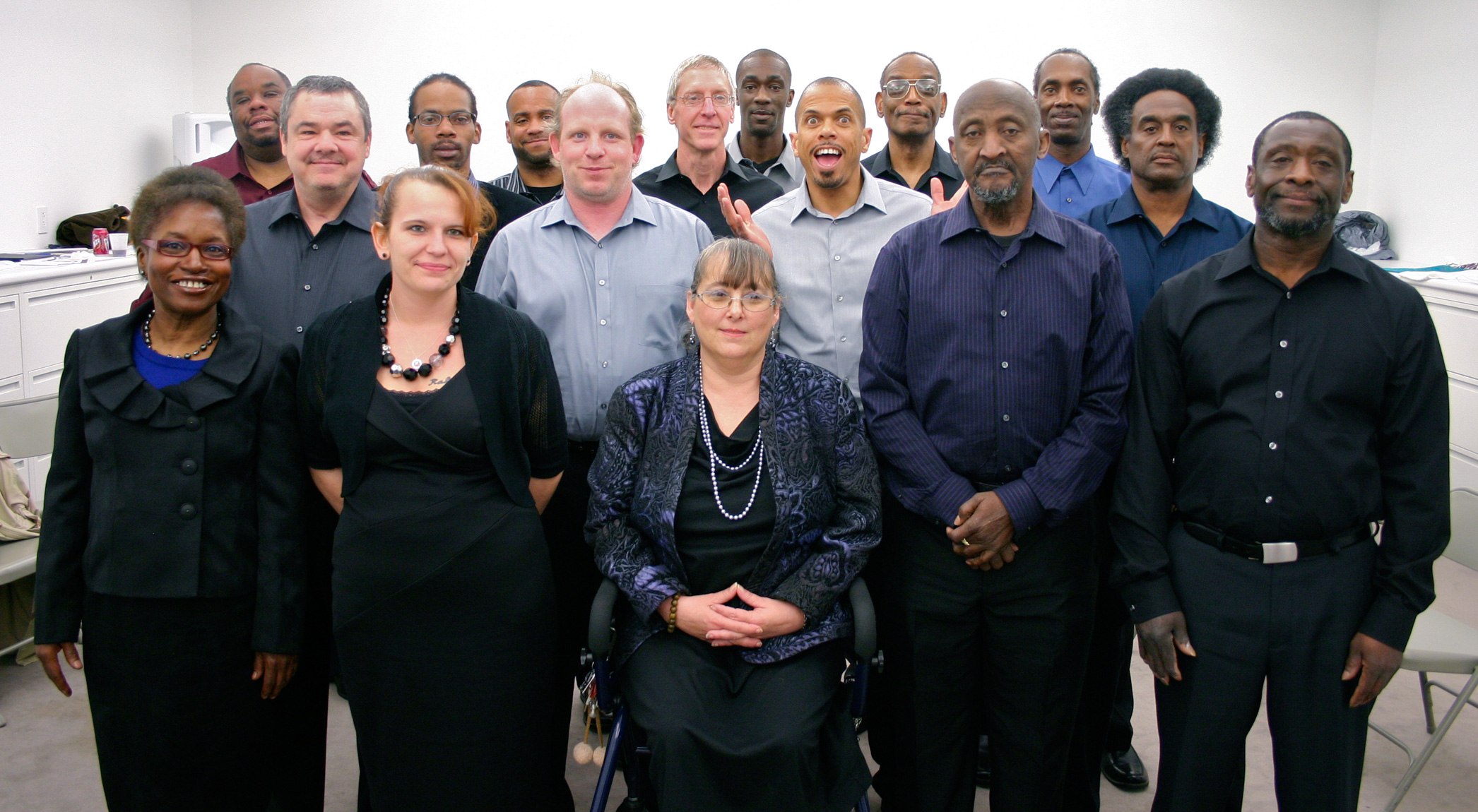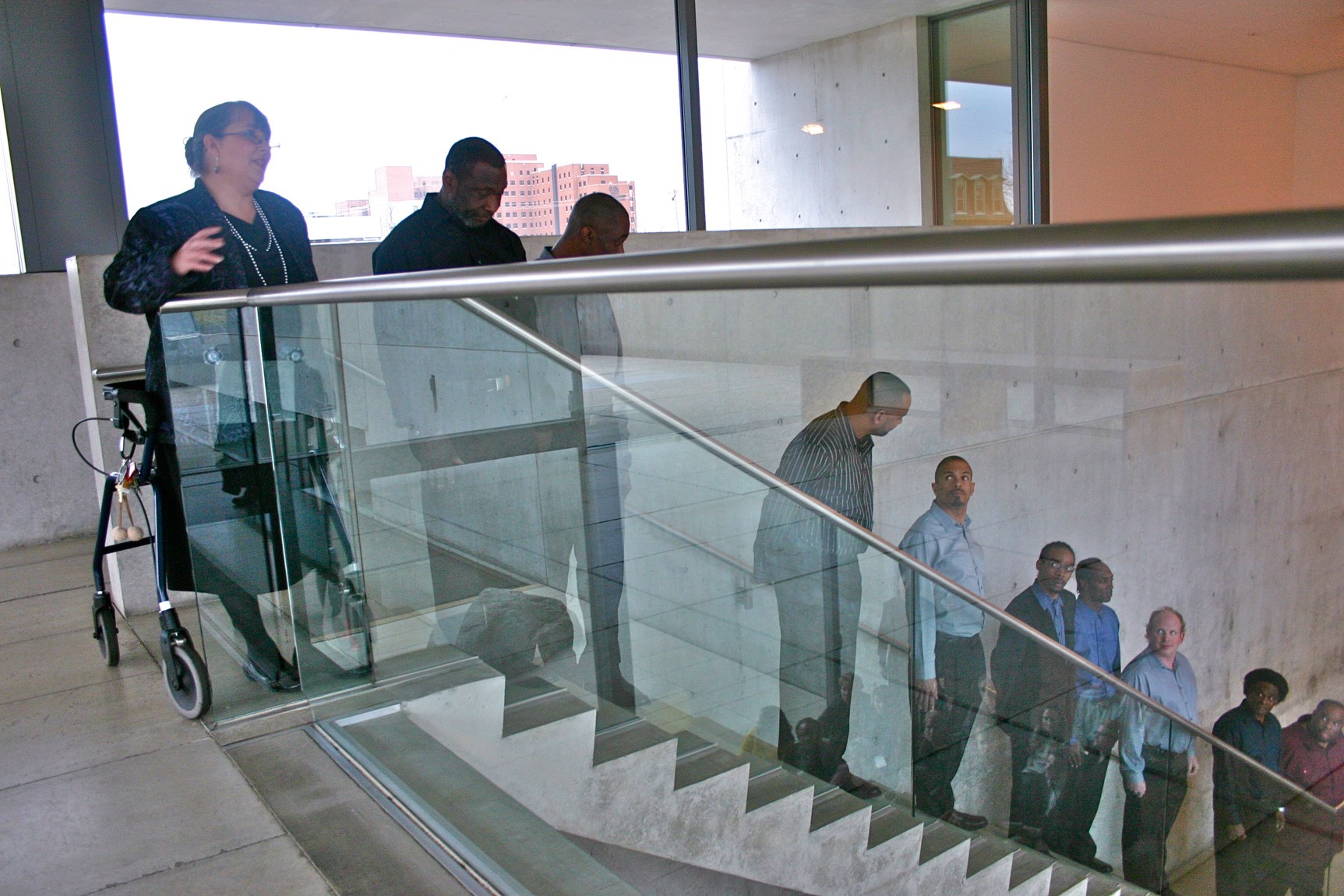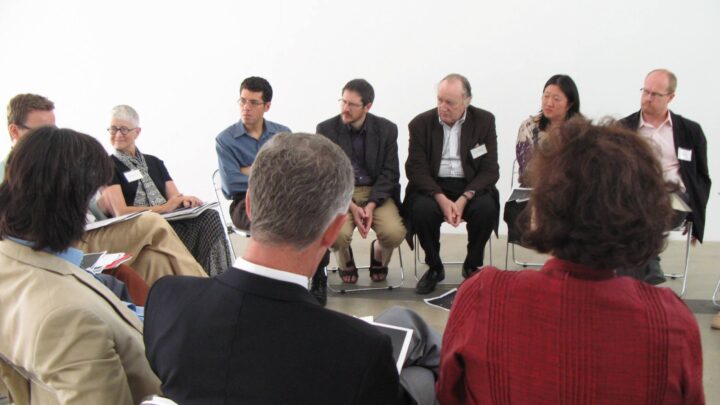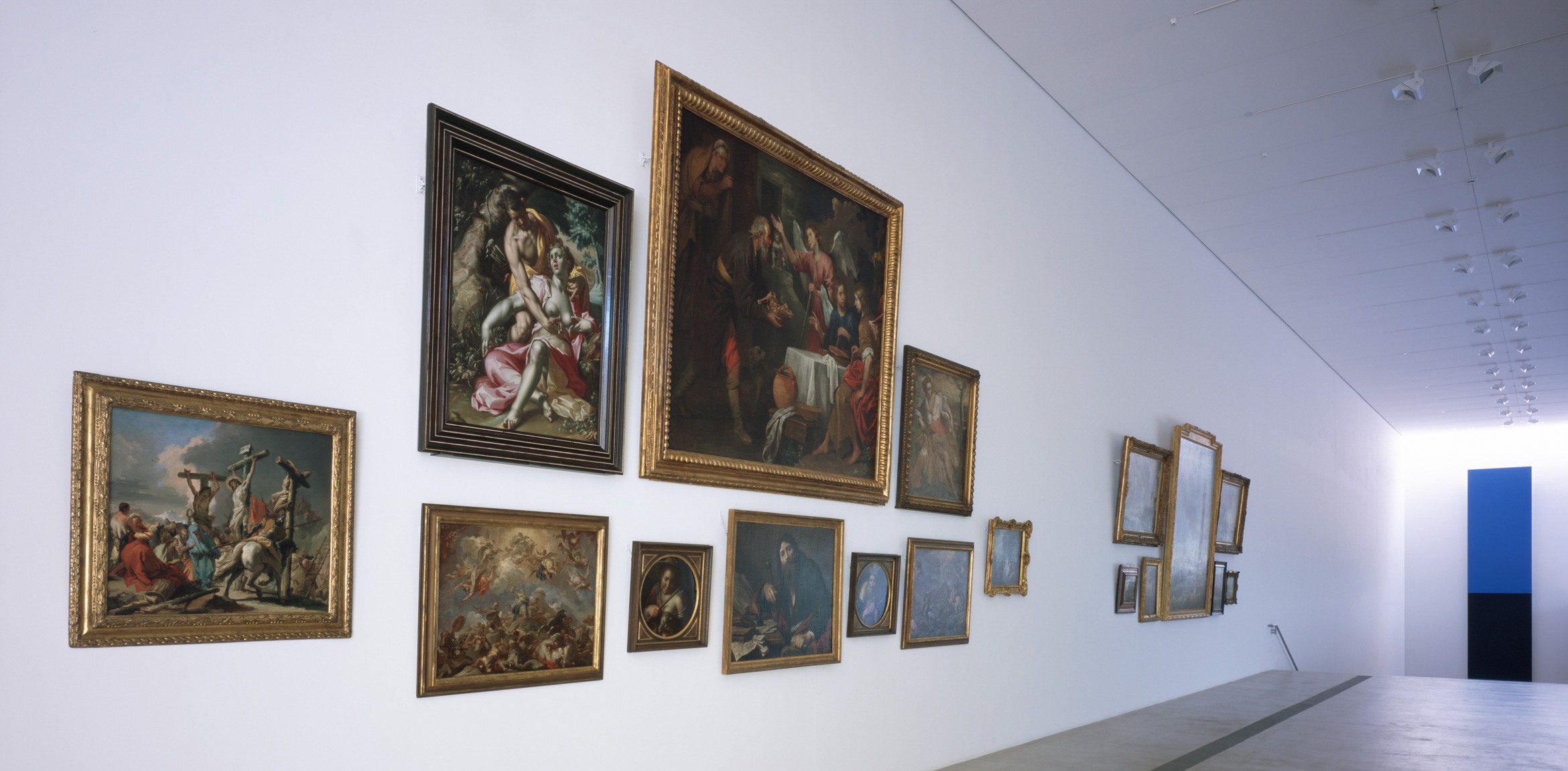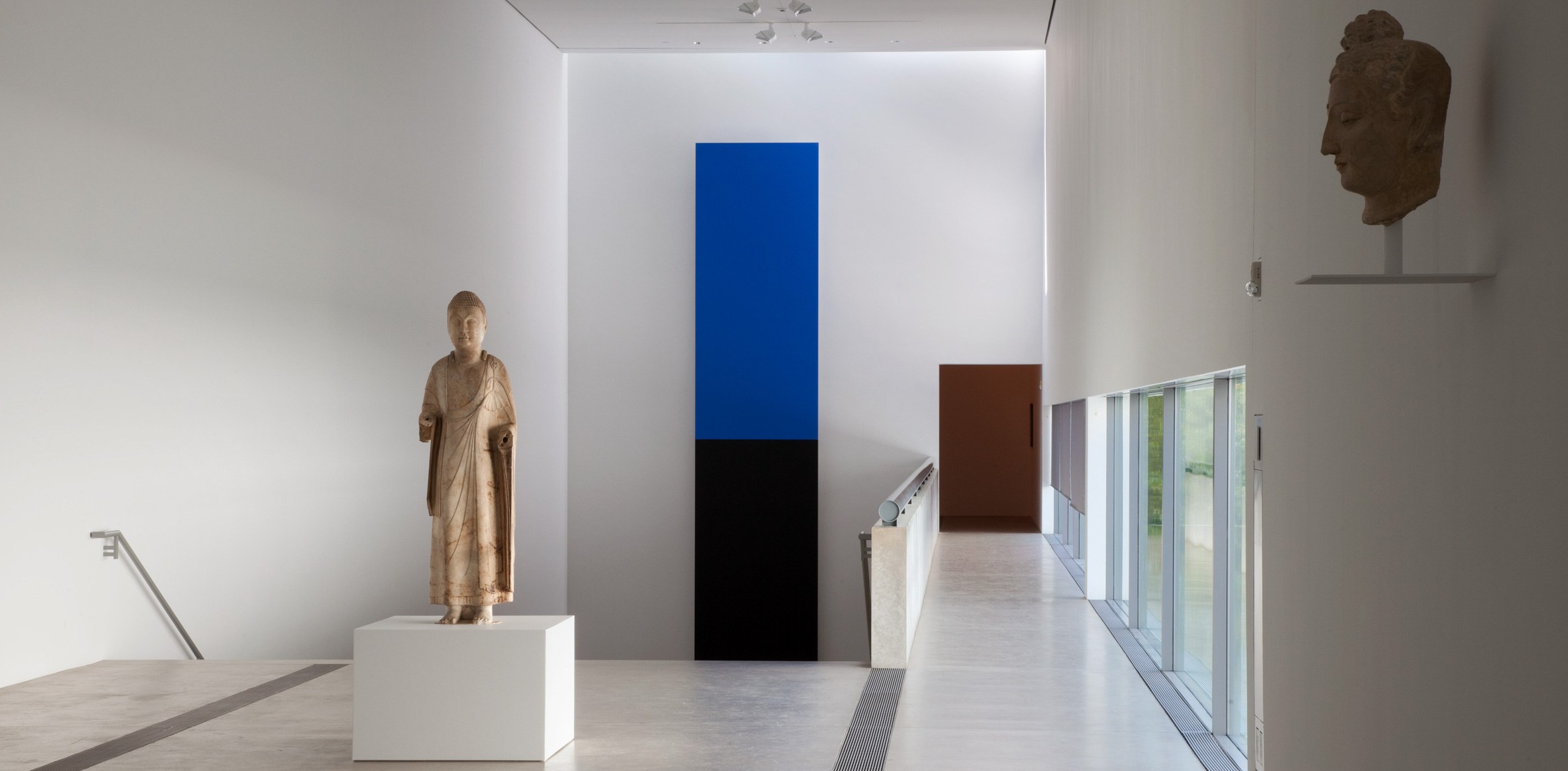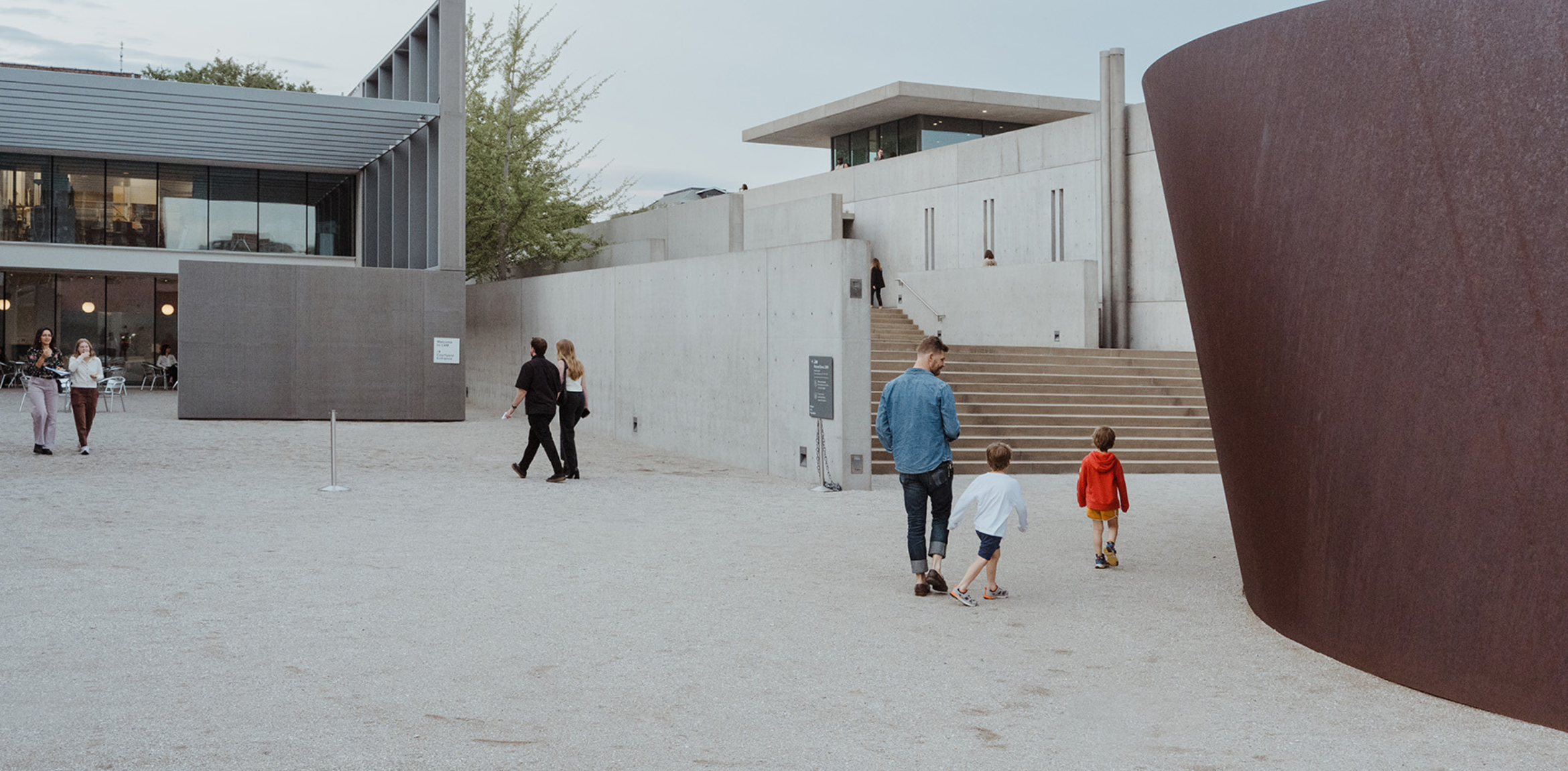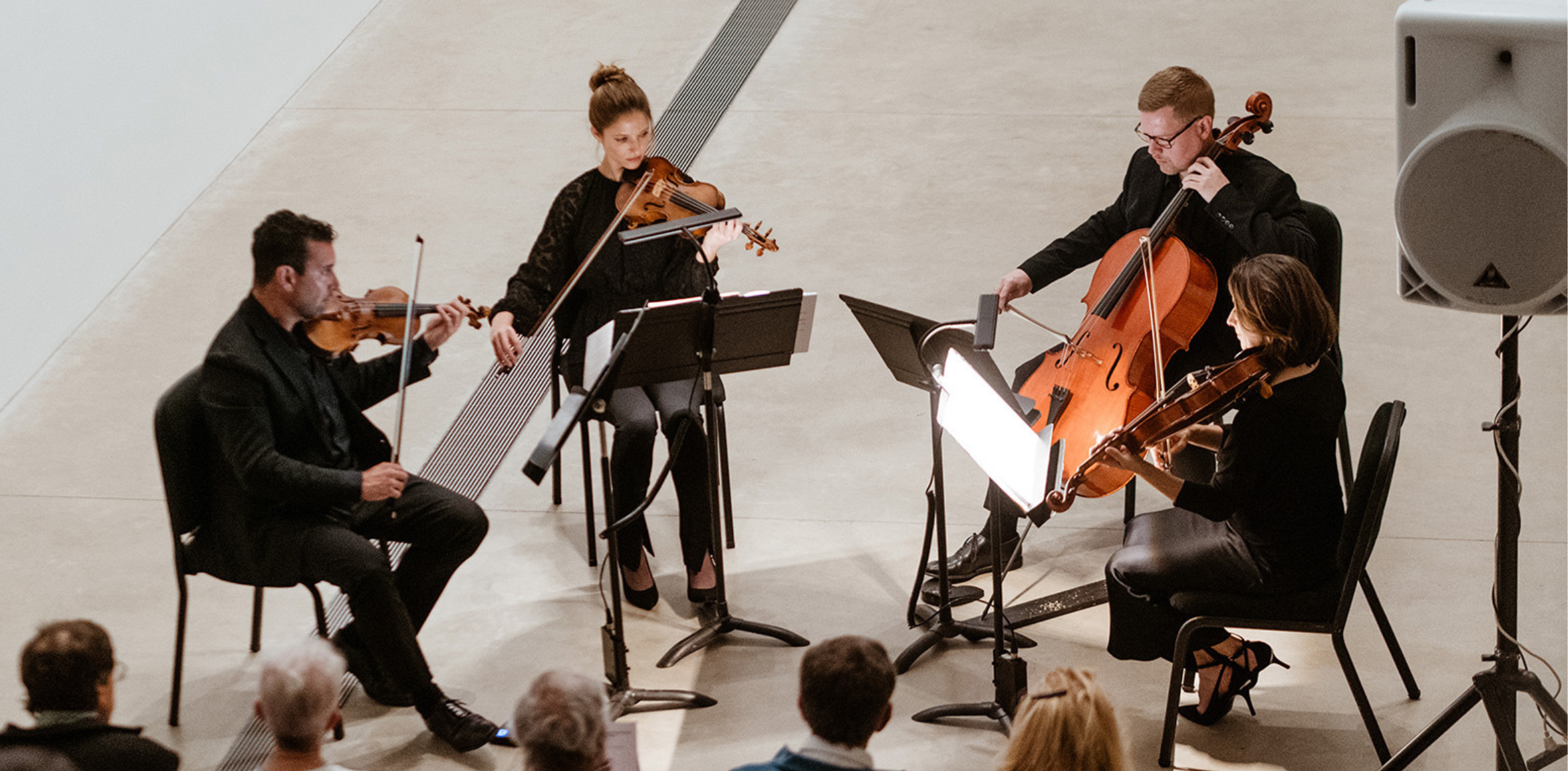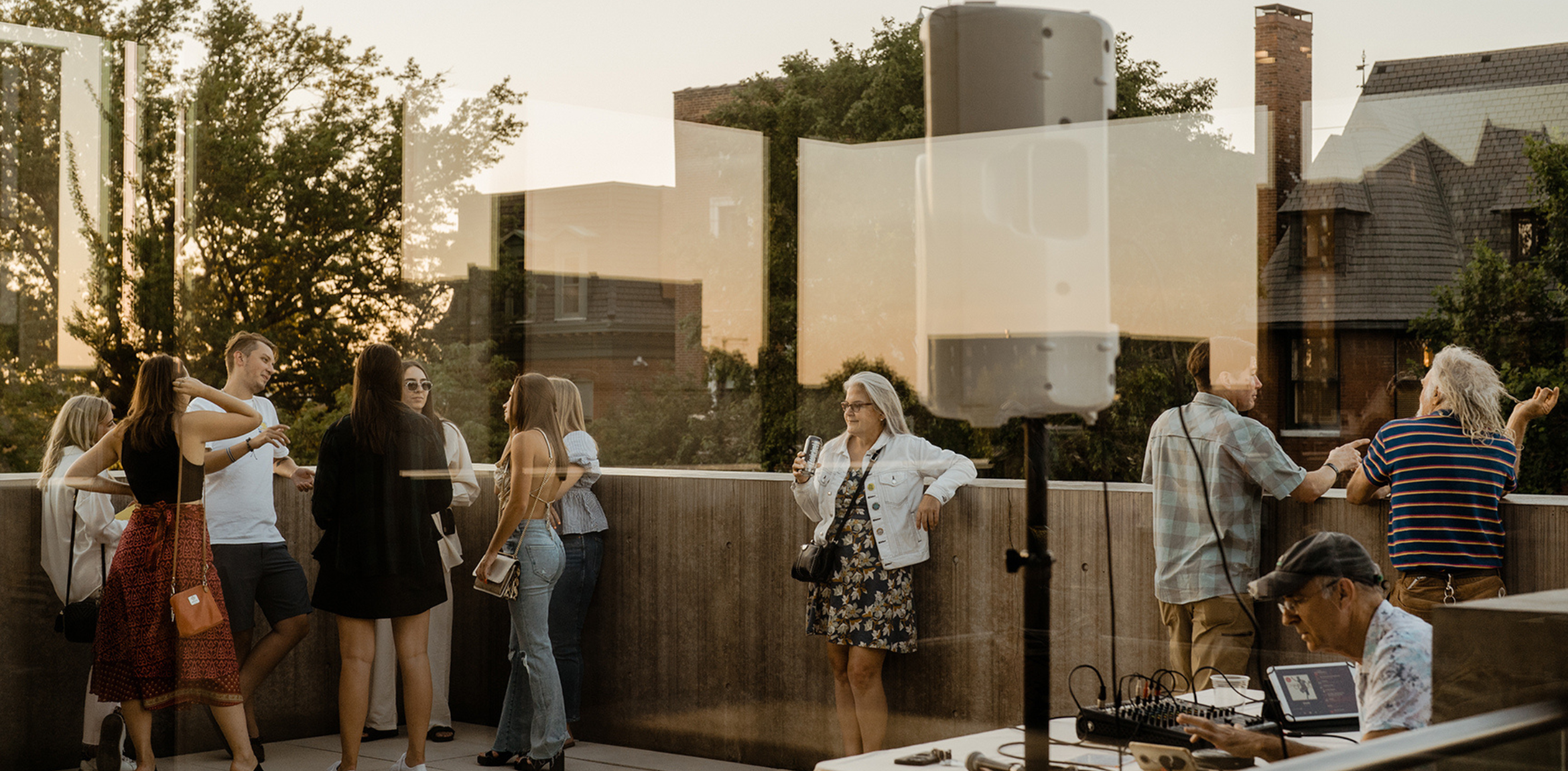The Staging program at Pulitzer Arts Foundation endures as an innovative model for community engagement and social outreach that combined visual art, personal reflection, writing, and theater. Acknowledging the transformative power of art across communities, Staging helped formerly incarcerated individuals and U.S. military veterans at risk of homelessness gain life skills through the integration of the arts into job training and case management. At the culmination of the program, participants shared an original performance with public audiences at the Pulitzer. Staging was developed in close collaboration with both the George Warren Brown School of Social Work at Washington University in St. Louis and Prison Performing Arts, and it established key partnerships with the social service providers Employment Connection and St. Patrick Center.
Staging has been realized during two separate exhibitions at the Pulitzer: Ideal (Dis-) Placements: Old Masters at the Pulitzer and Reflections of the Buddha. In each iteration, the targeted goals and objectives for the program evolved over time, but were focused on a set of key outcomes. By defying the barriers that would seem to exist between marginalized populations and traditional arts patrons and educators, Staging served as a catalyst for each group to gain new insights and impressions of art. By blending visual art, theater, and social work, Staging also gave its actors the opportunity to build life skills, including those needed for successful employment and stability in the community.
The participants in Staging Old Masters (2008–2009) were chosen to attend a six-week class led by Agnes Wilcox, artistic director of Prison Performing Arts. These classes were held alternately at the Pulitzer and at Washington University, where participants explored the histories of the Old Masters and studied writing and performance skills such as movement, voice, and diction. The workshop also focused on creating and performing short theater pieces based on the participants’ interaction with the works on view. These one-of-a-kind performances showcased the actors’ imaginations, personal examinations of the artworks, and newfound theatrical skills. The final performance concluded with a special panel discussion, during which visitors asked questions about the experiences of both the actors and the program organizers.
Like its predecessor, Staging Reflections of the Buddha (2011–2012) led a small group of former prisoners and homeless veterans through weeks of professional development and theatrical training, which concluded with a series of live performances in the midst of the Pulitzer’s exhibition Reflections of the Buddha. The actors’ individual reflections and reactions mixed art history with humor and emotion, and the script consisted of vignettes that combined personal experiences with the stories that the works originally intended to tell. Following the final performance, an intimate lantern ceremony in the water court concluded the program and marked the close of the exhibition itself.

